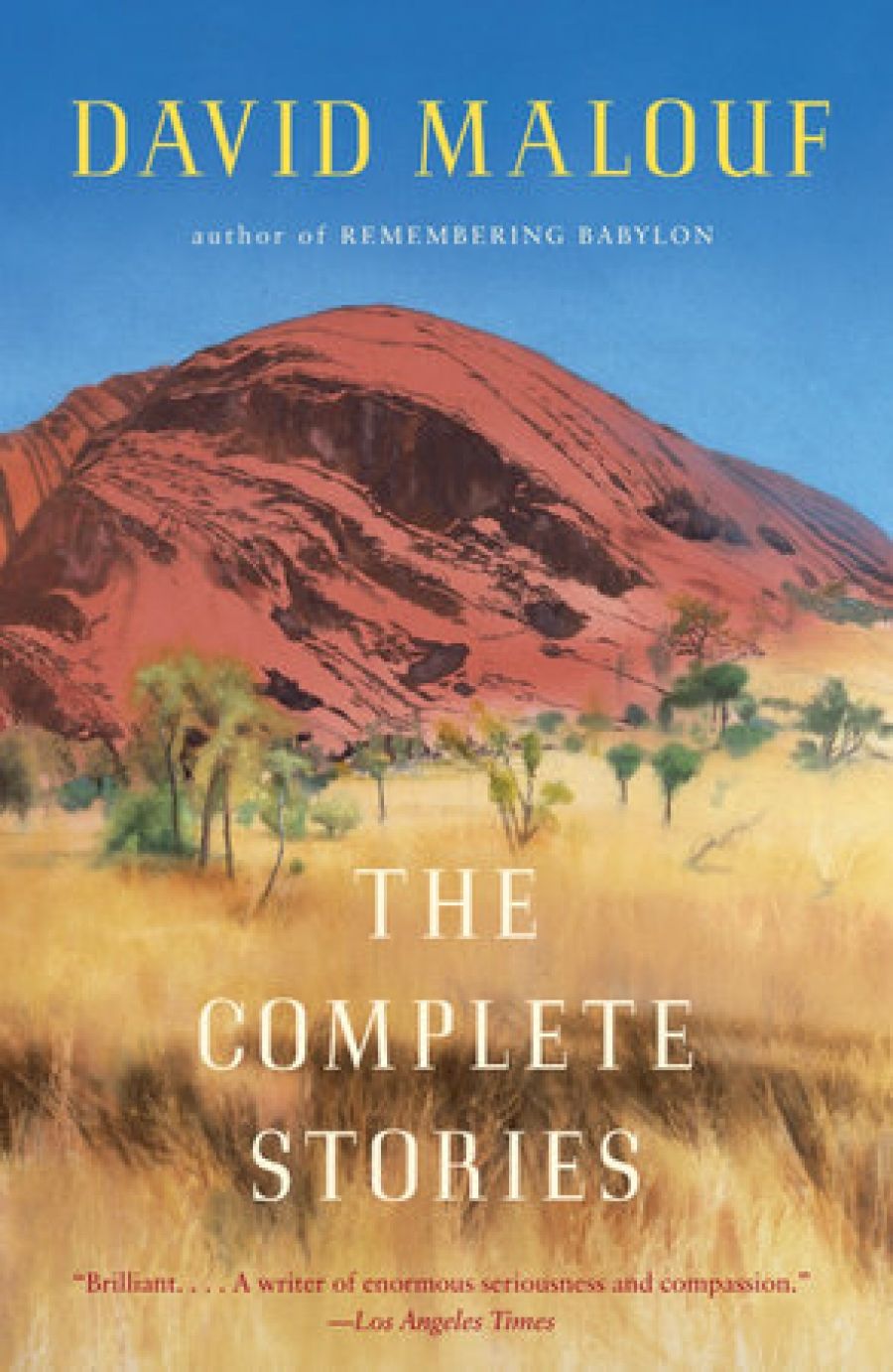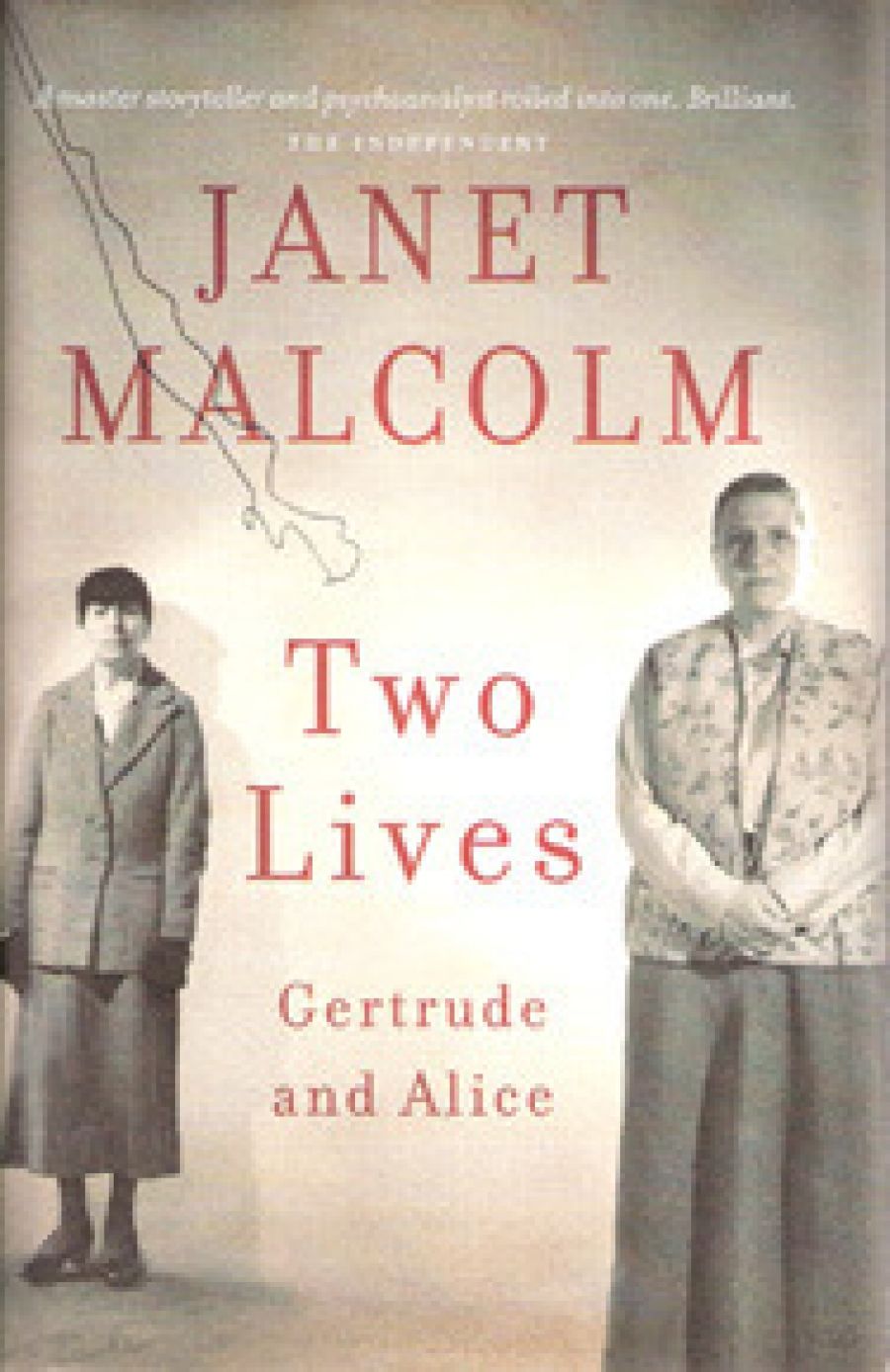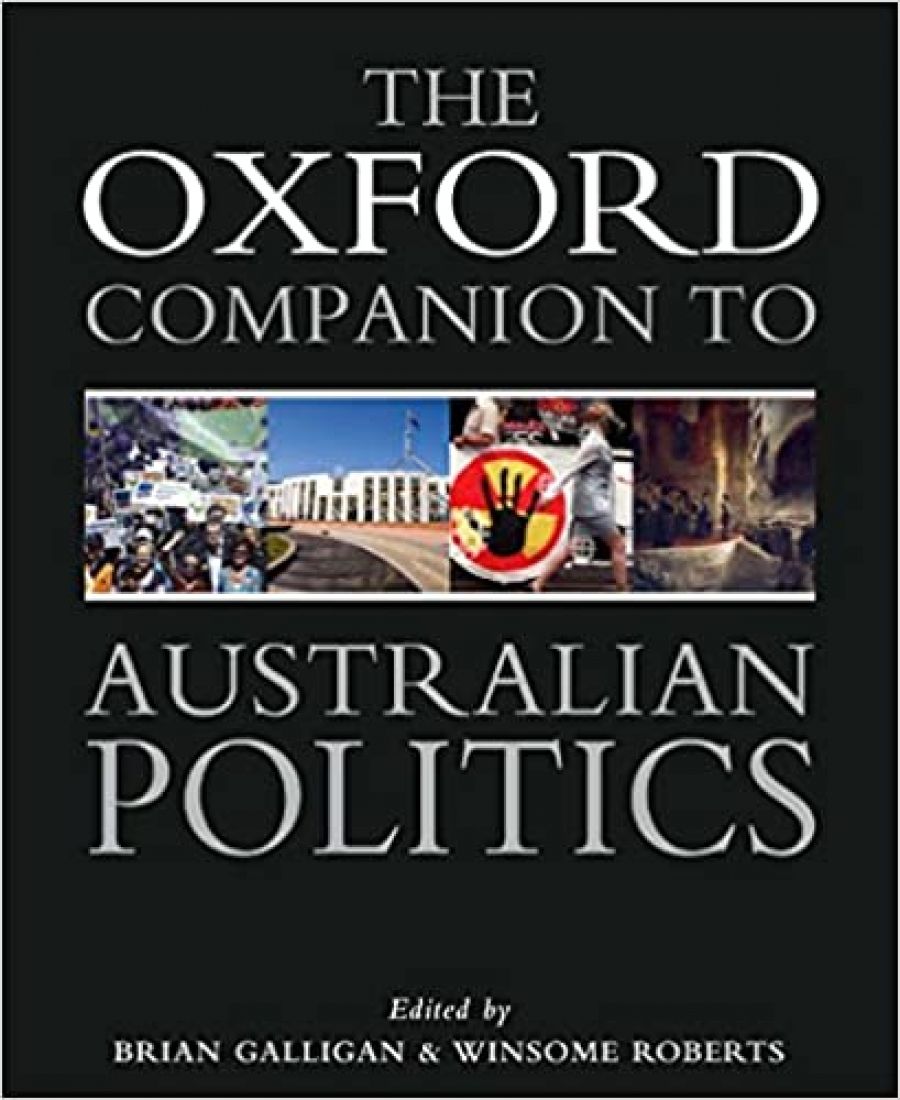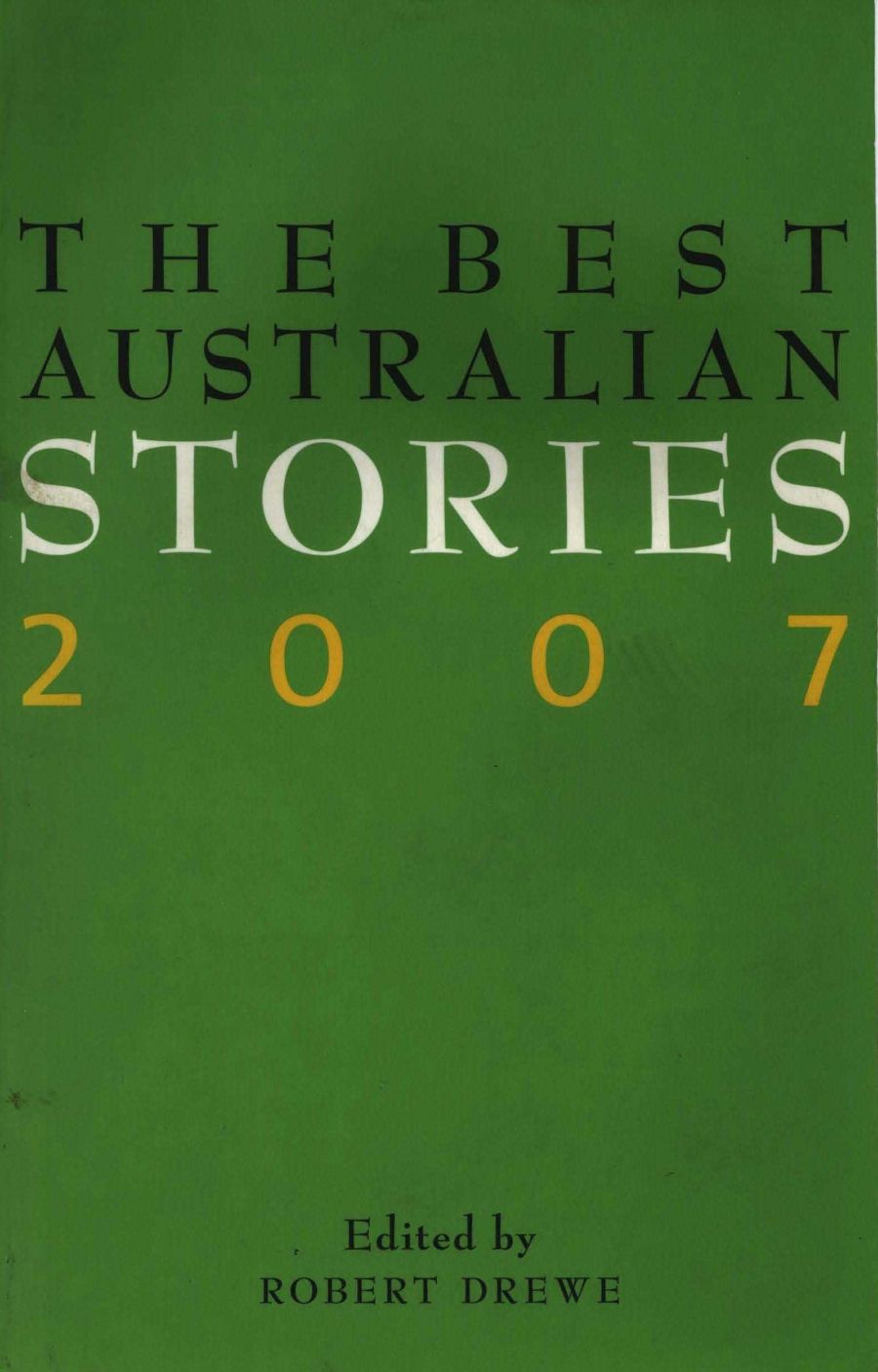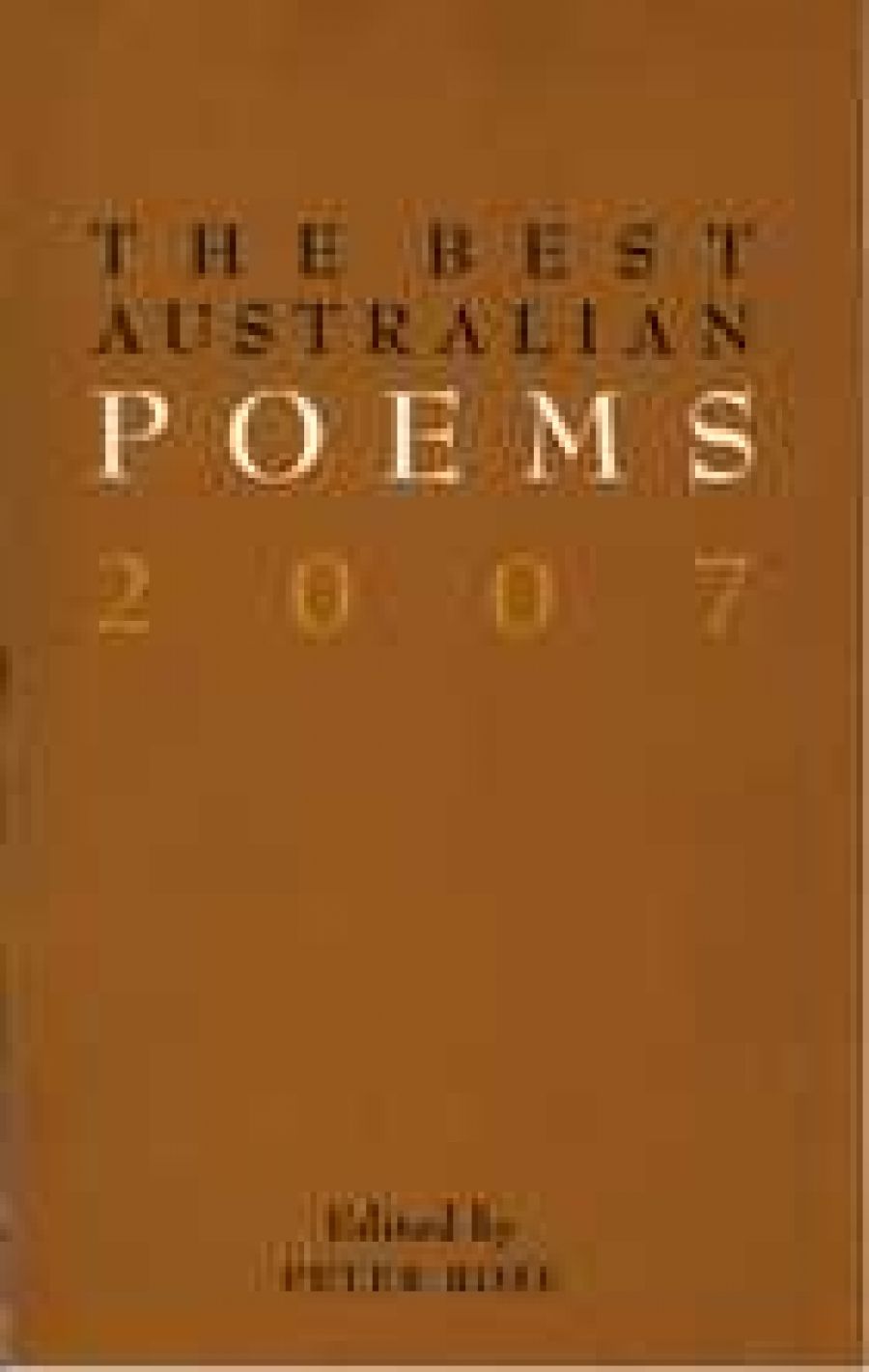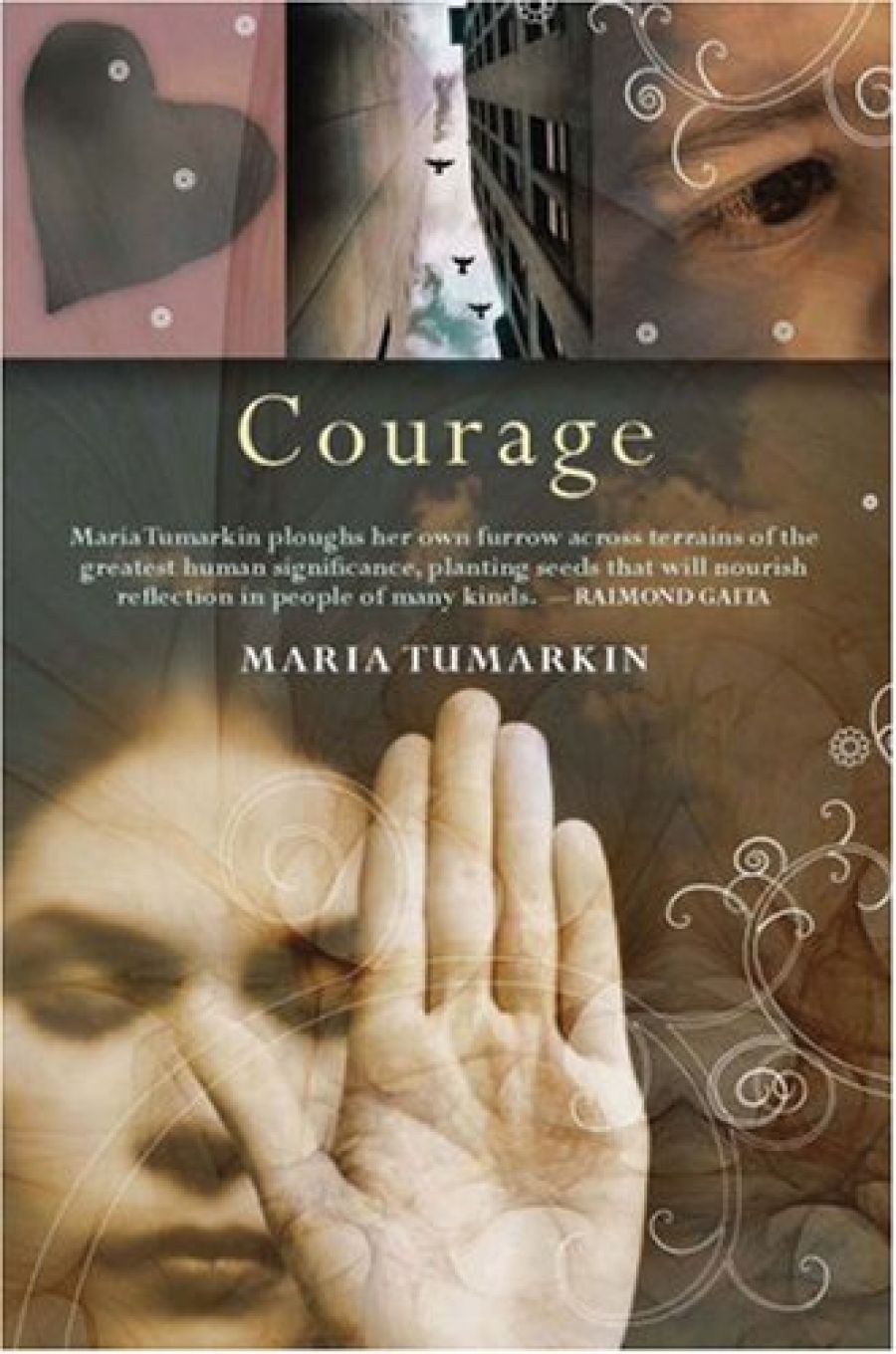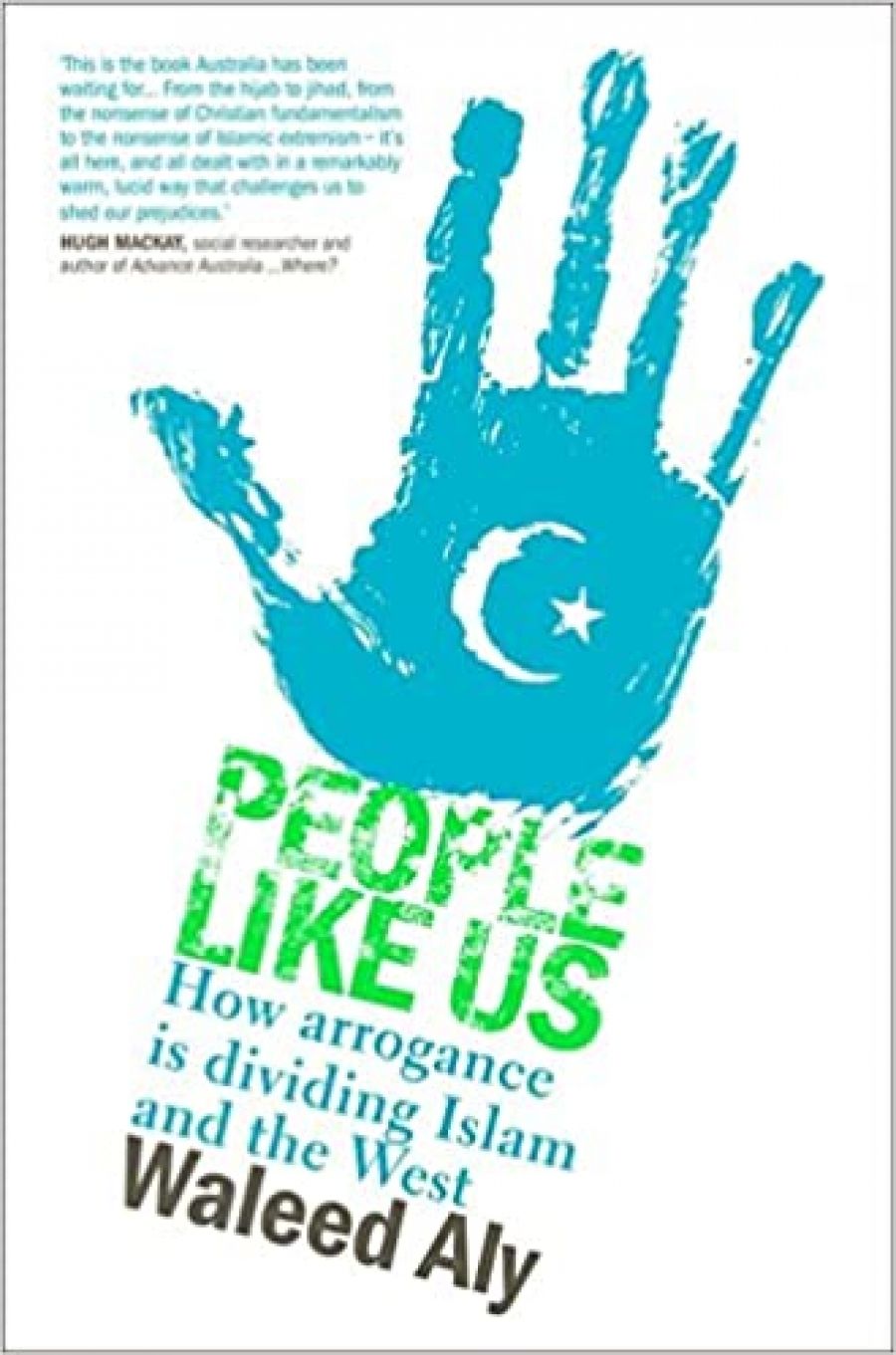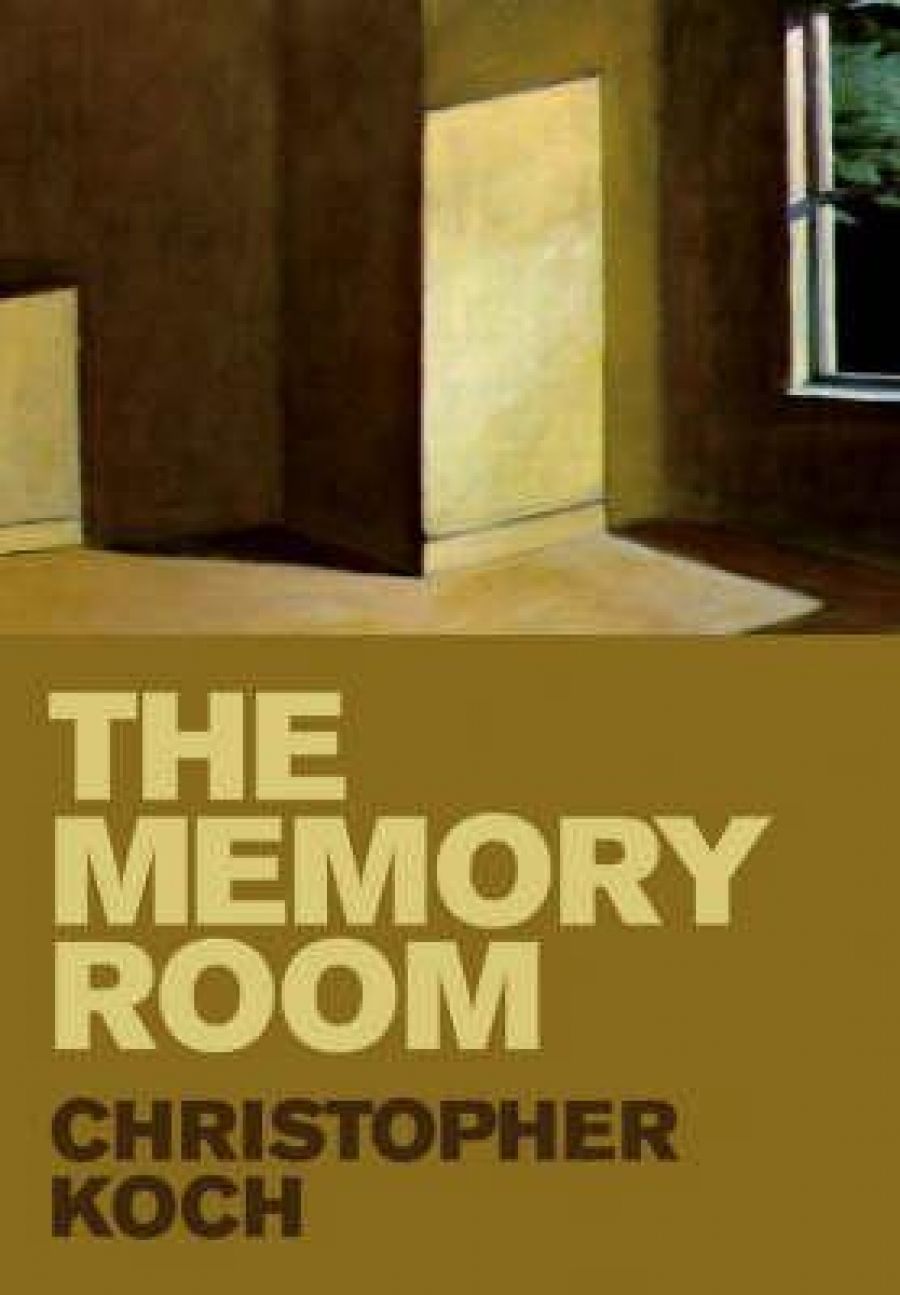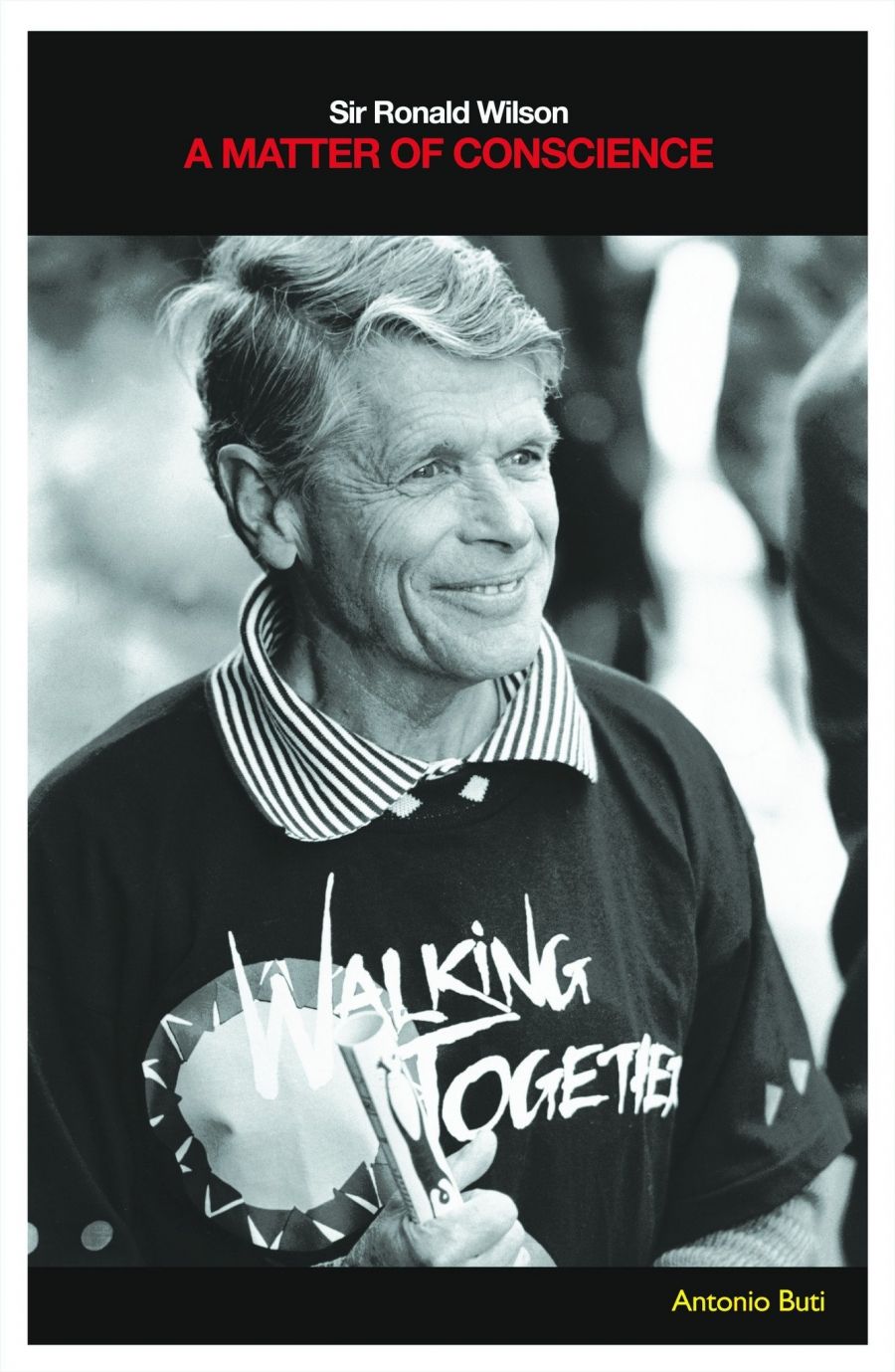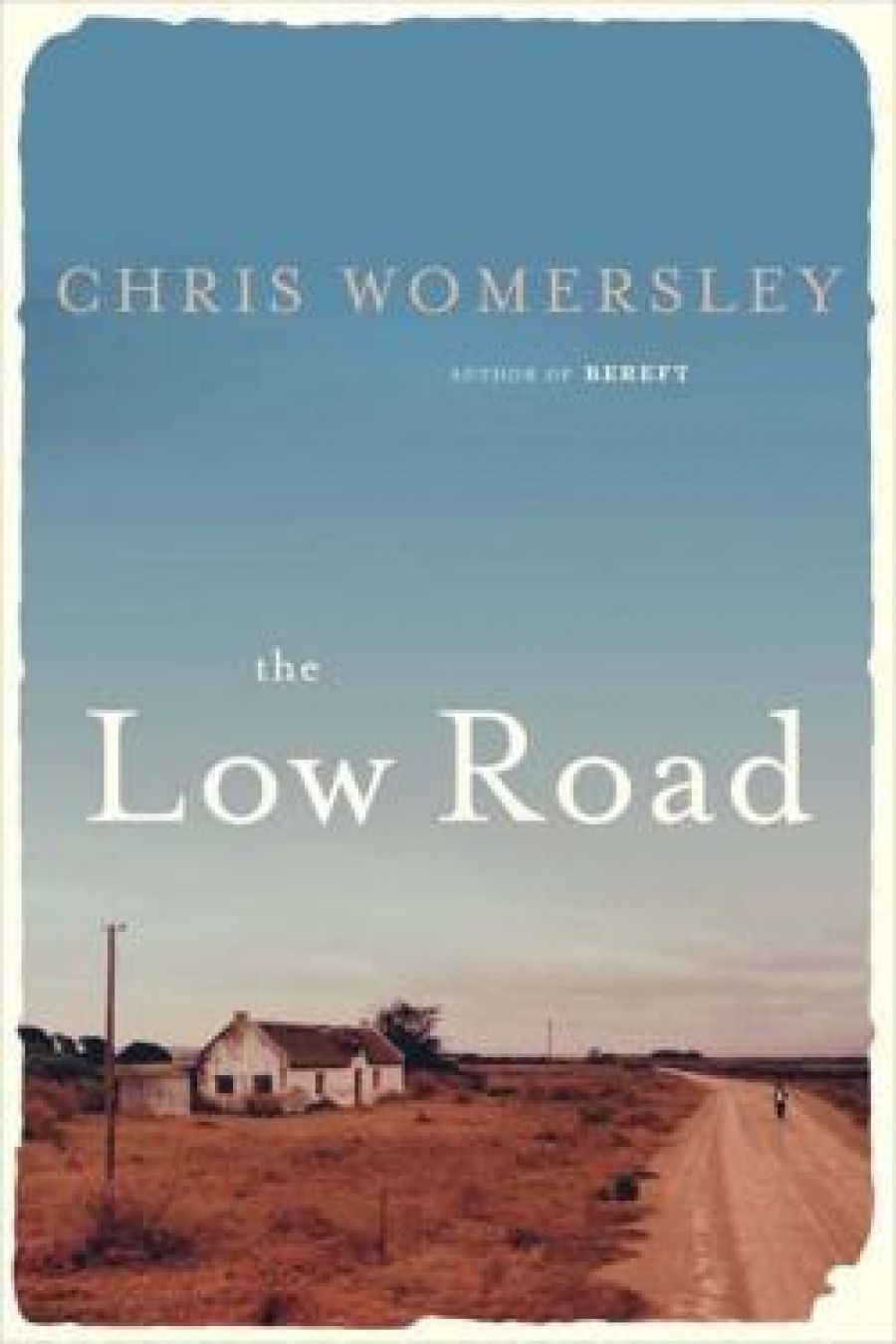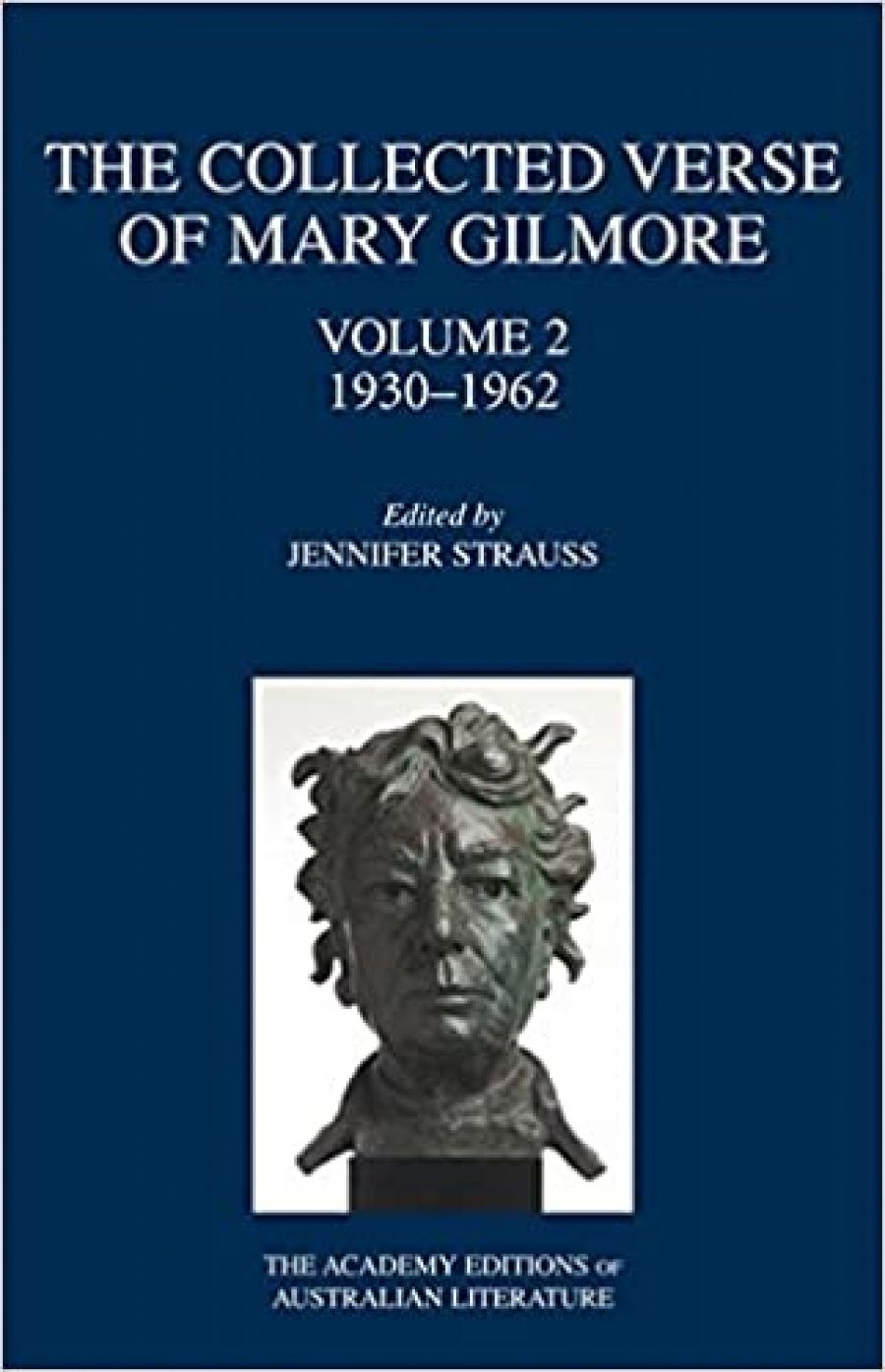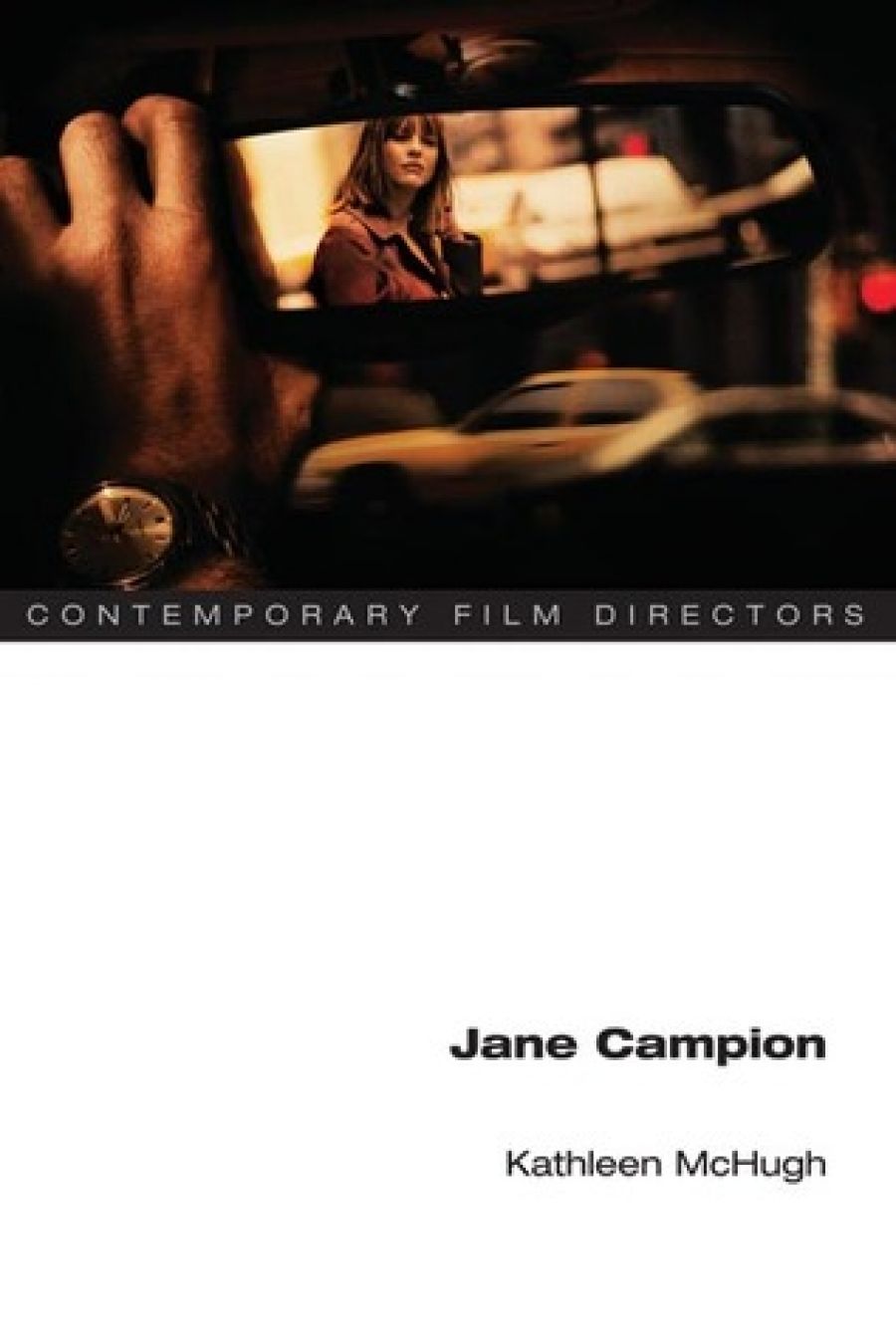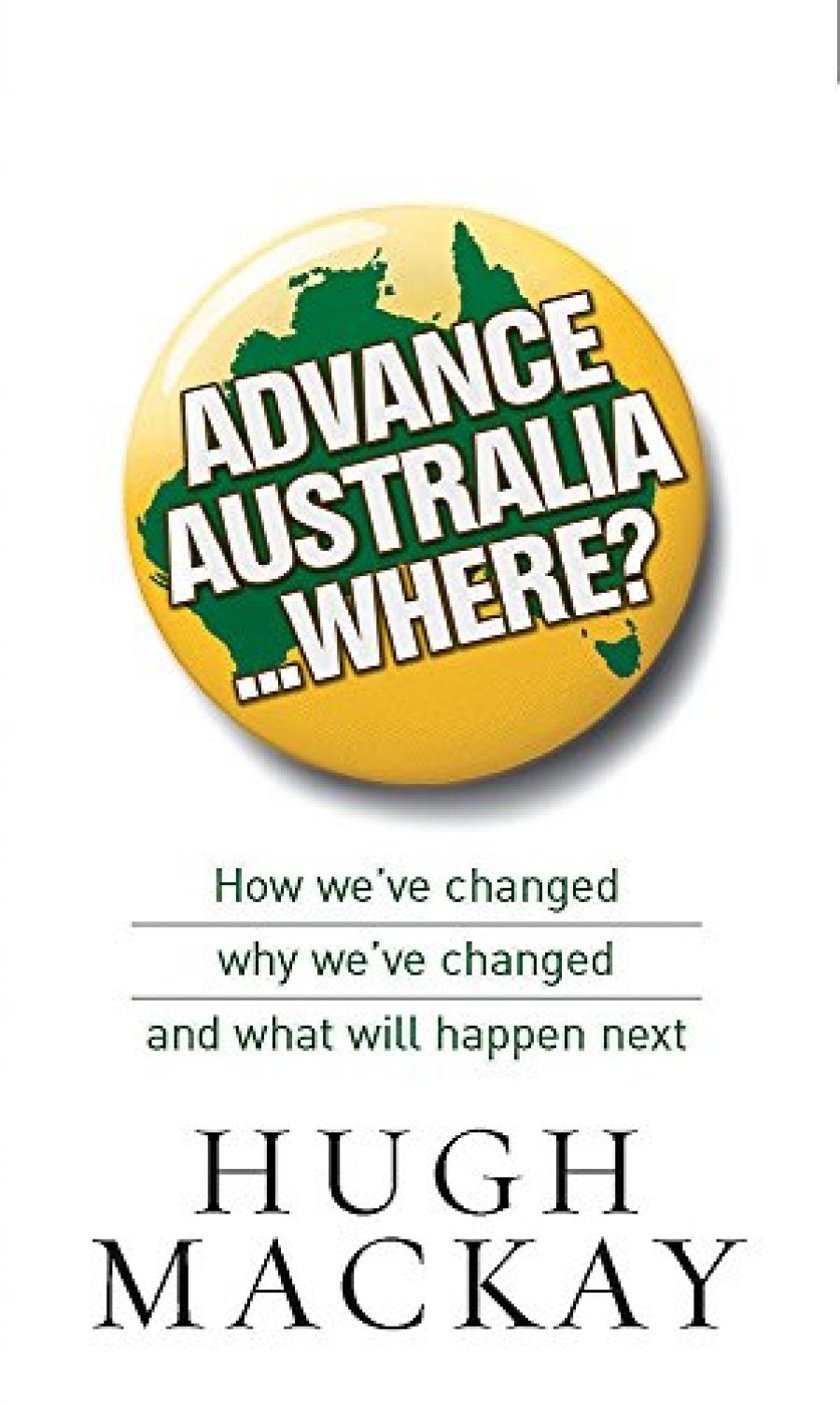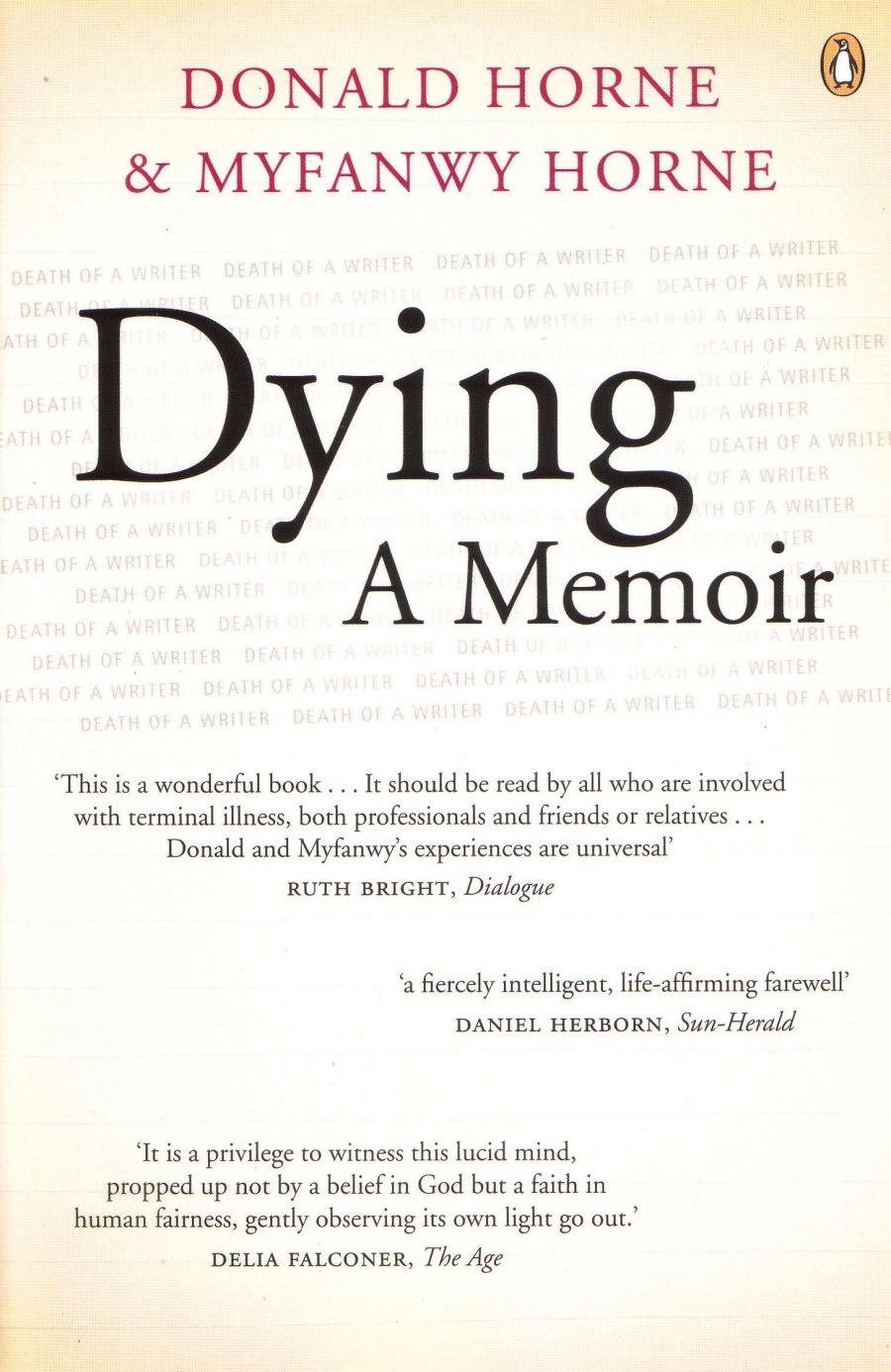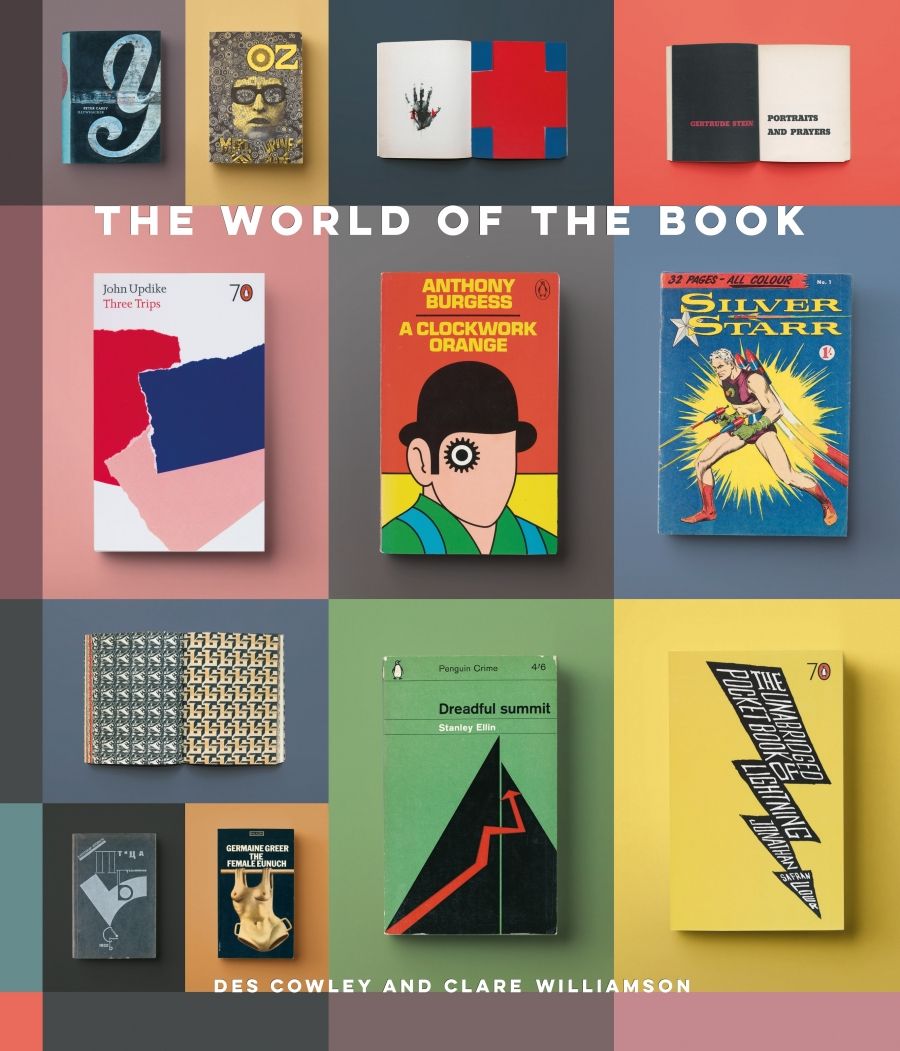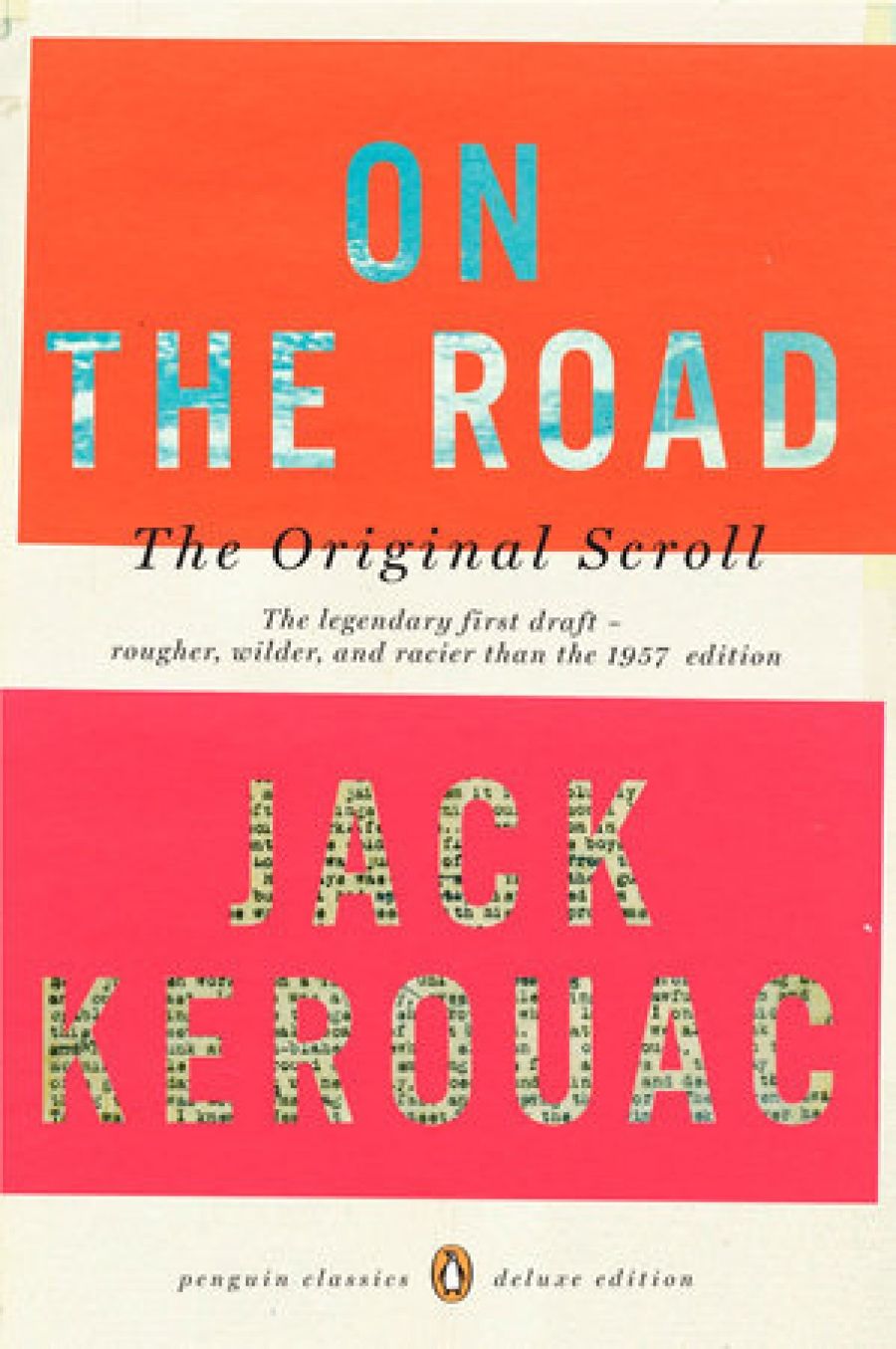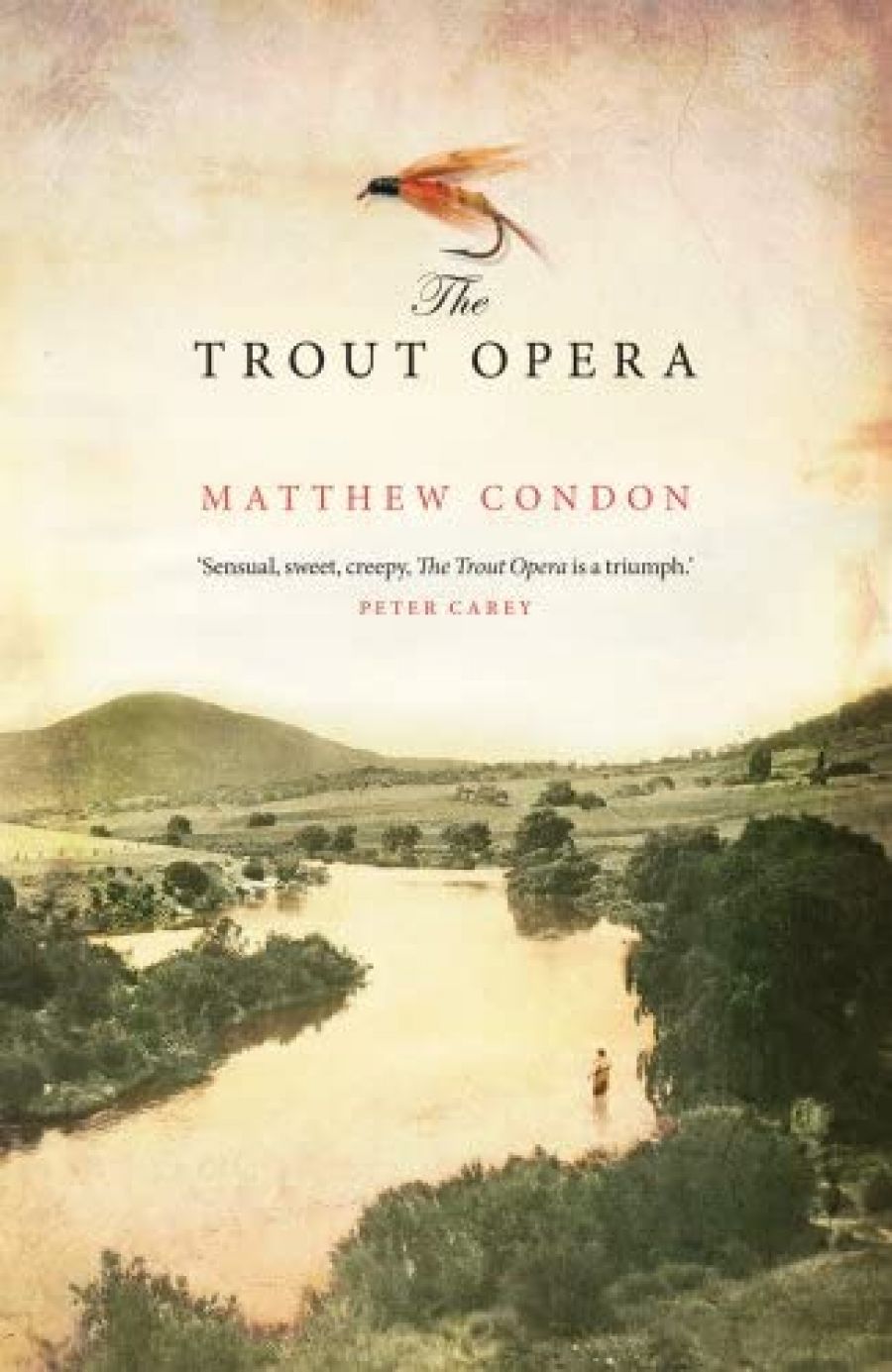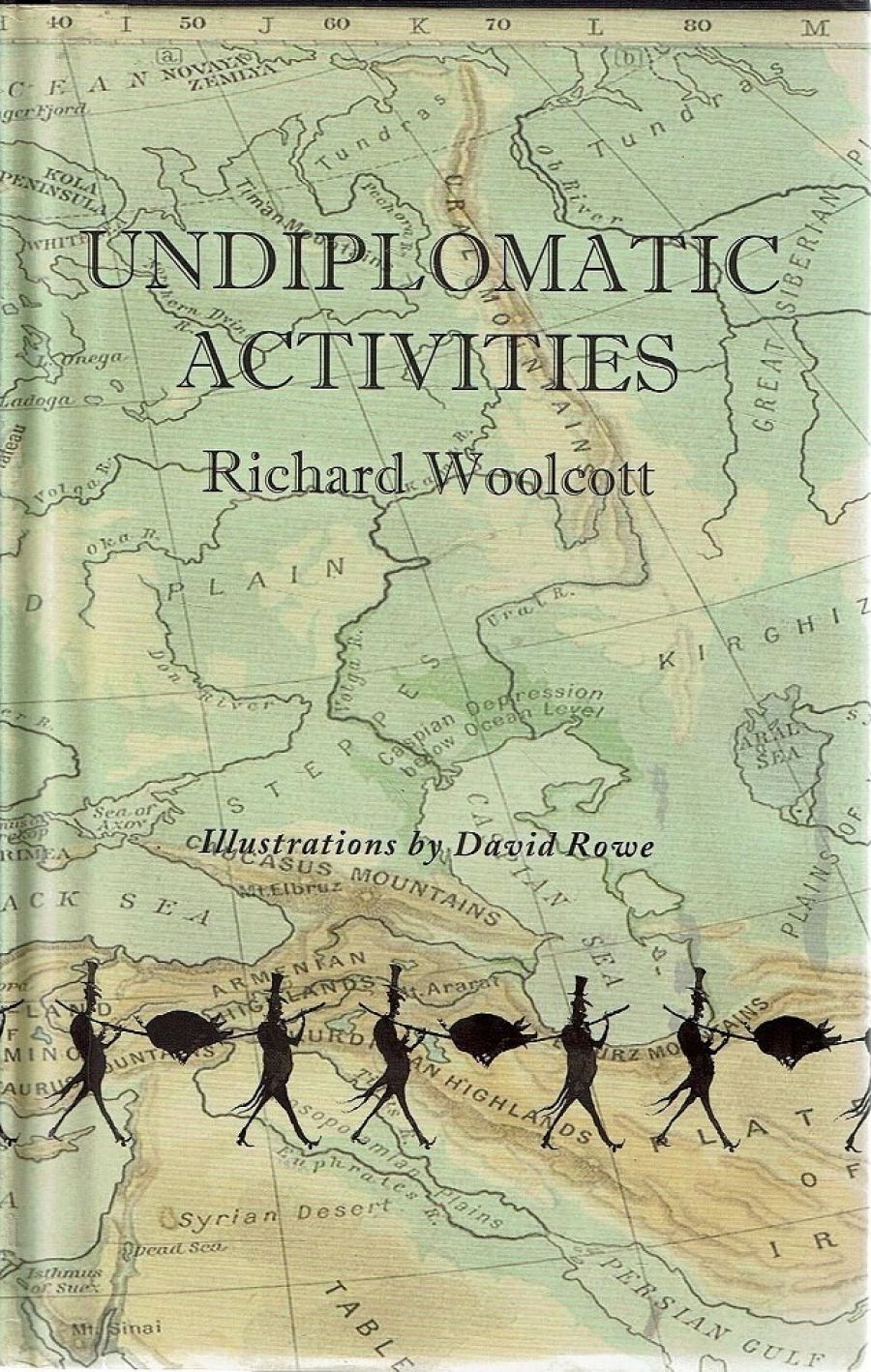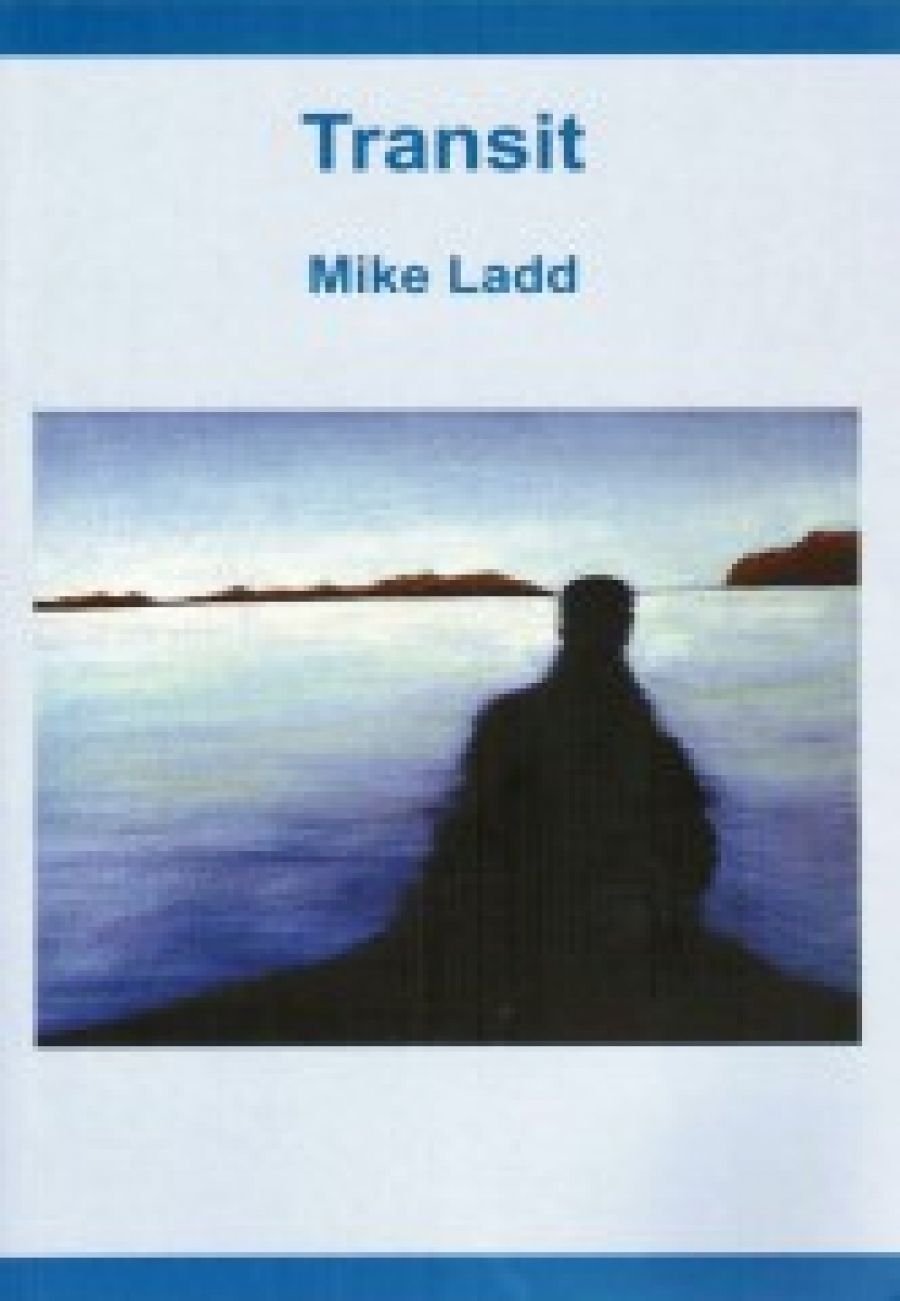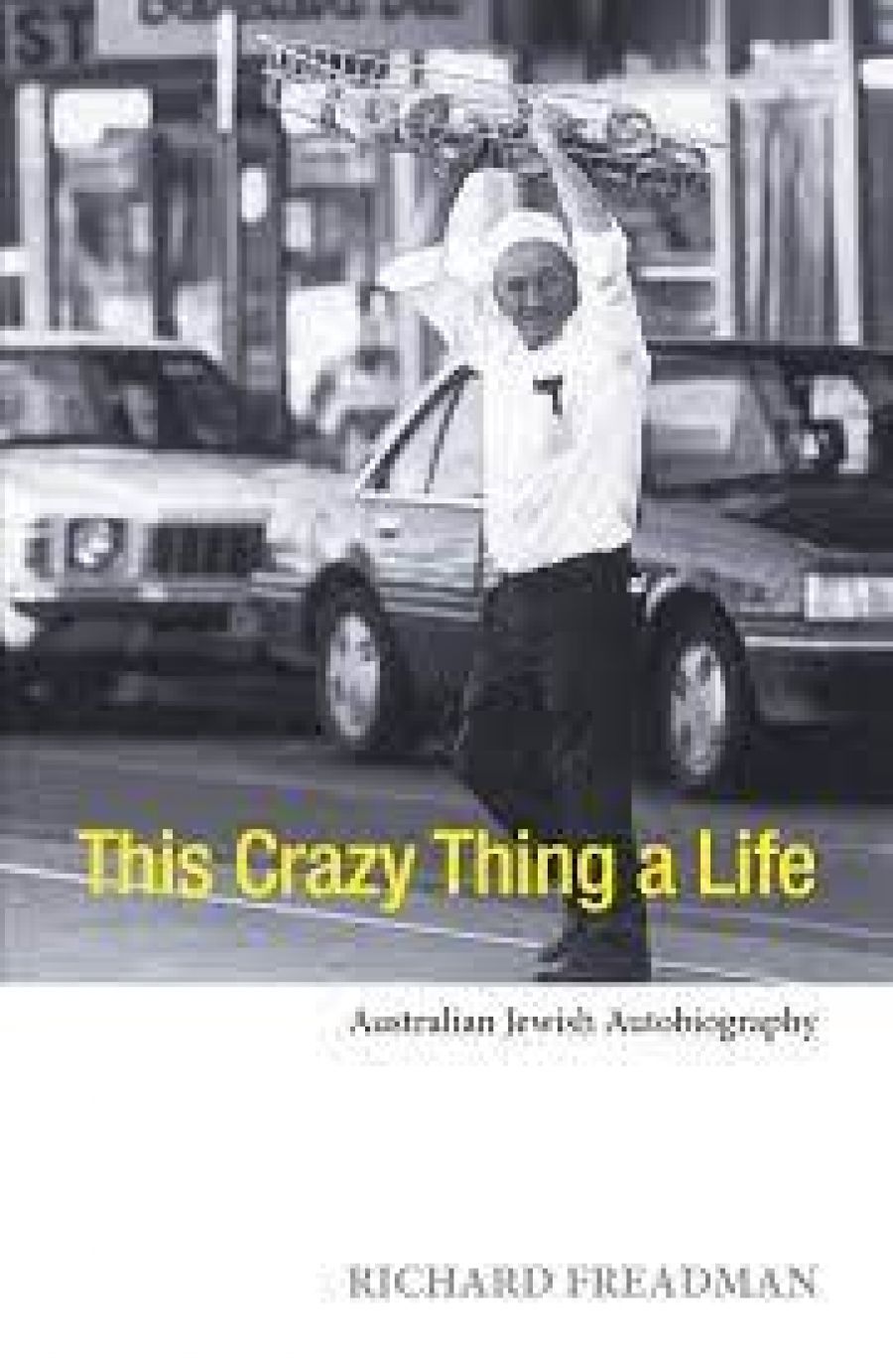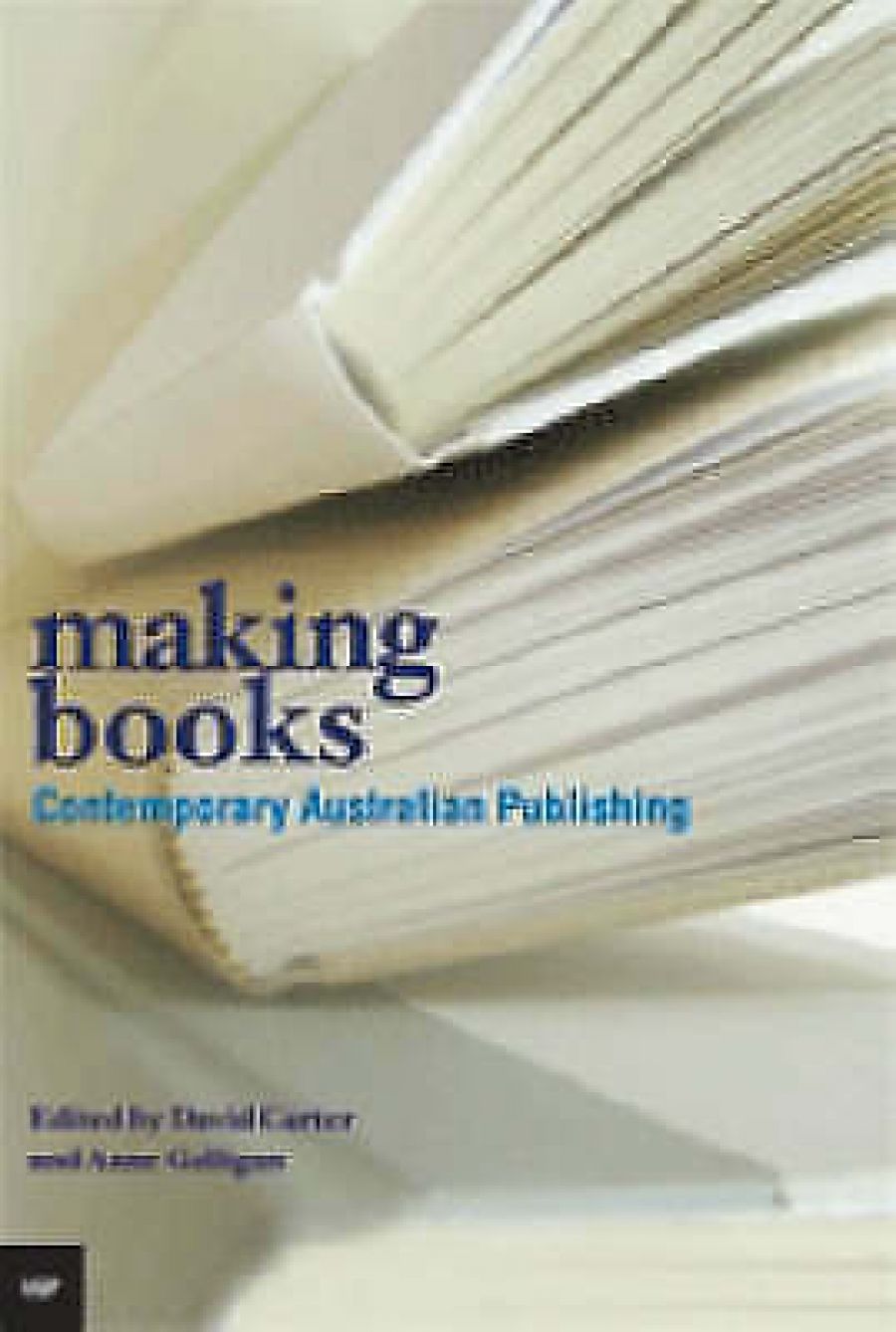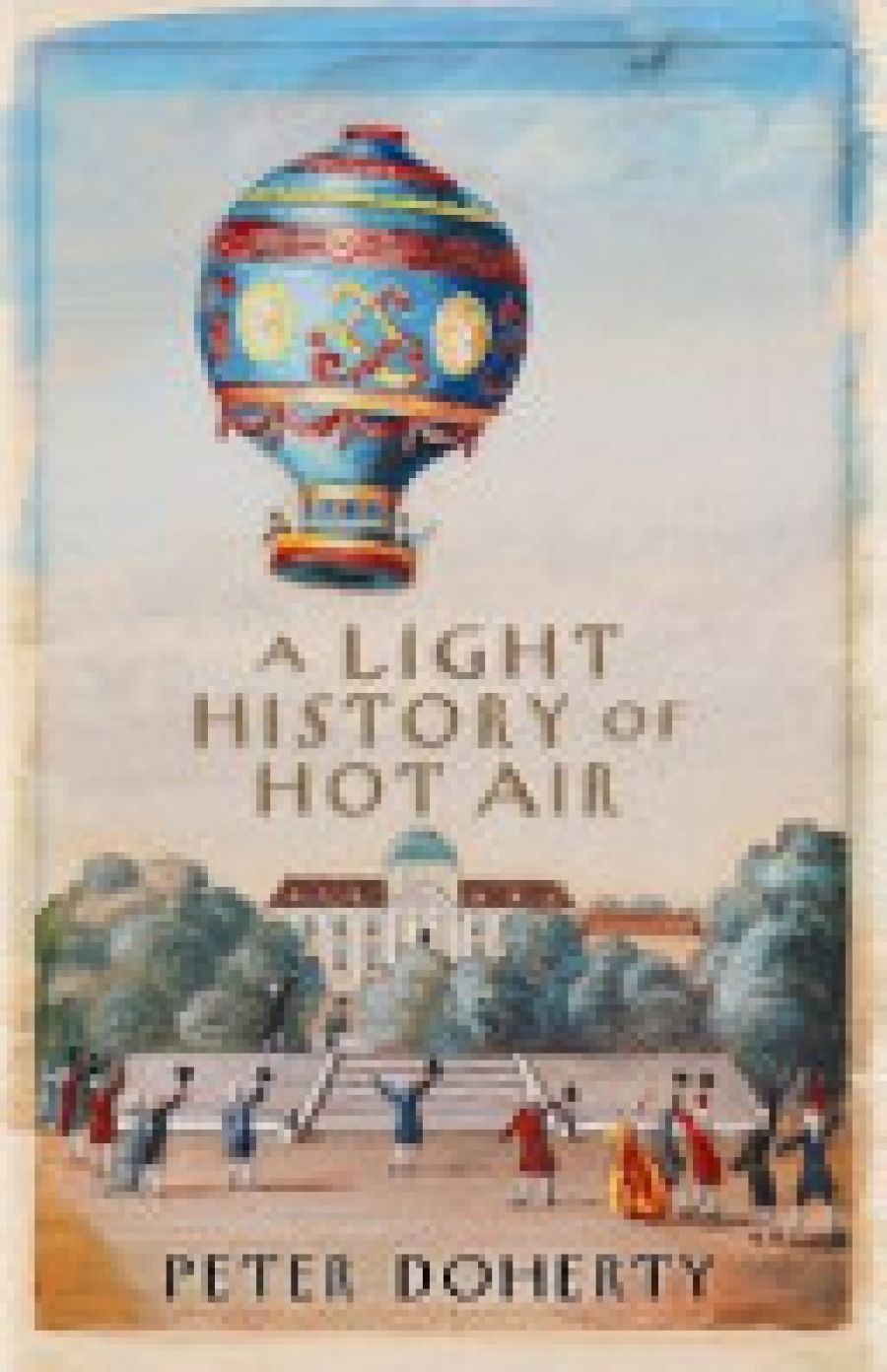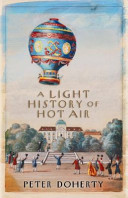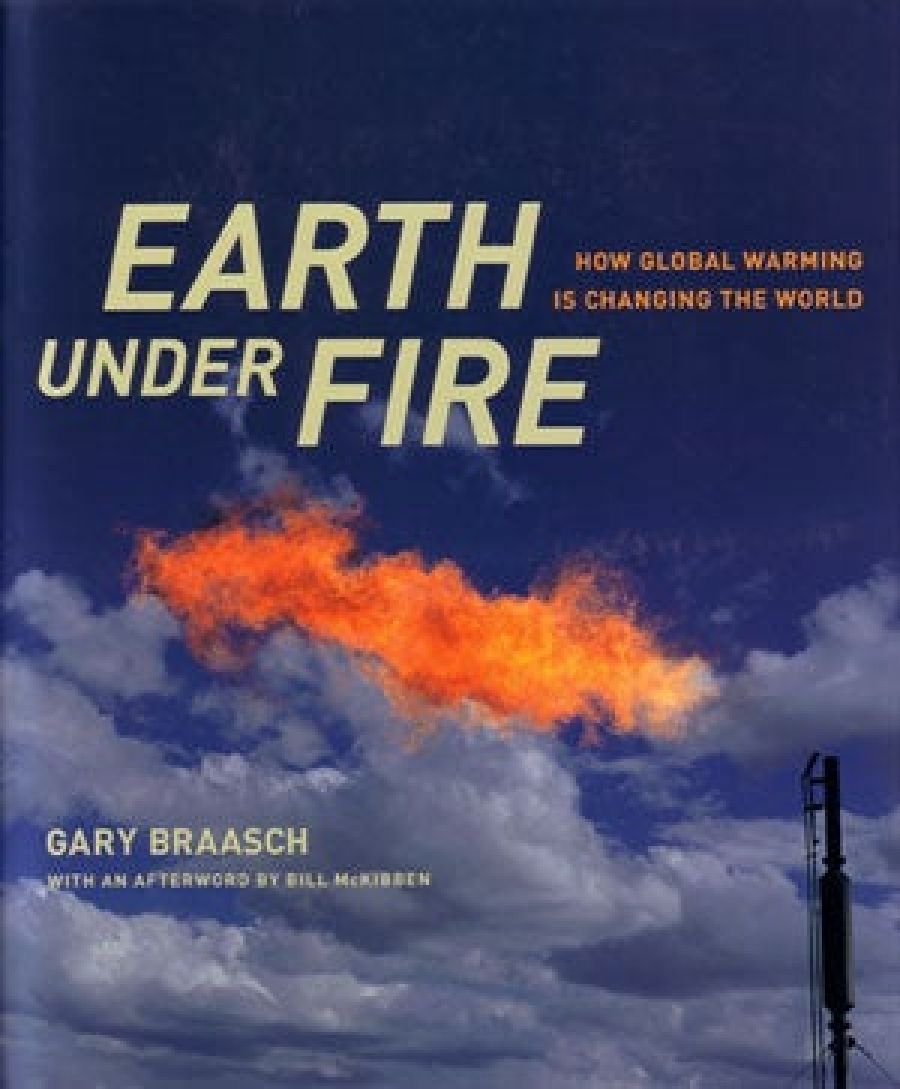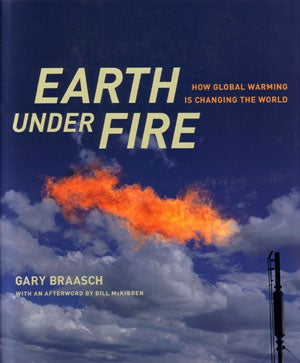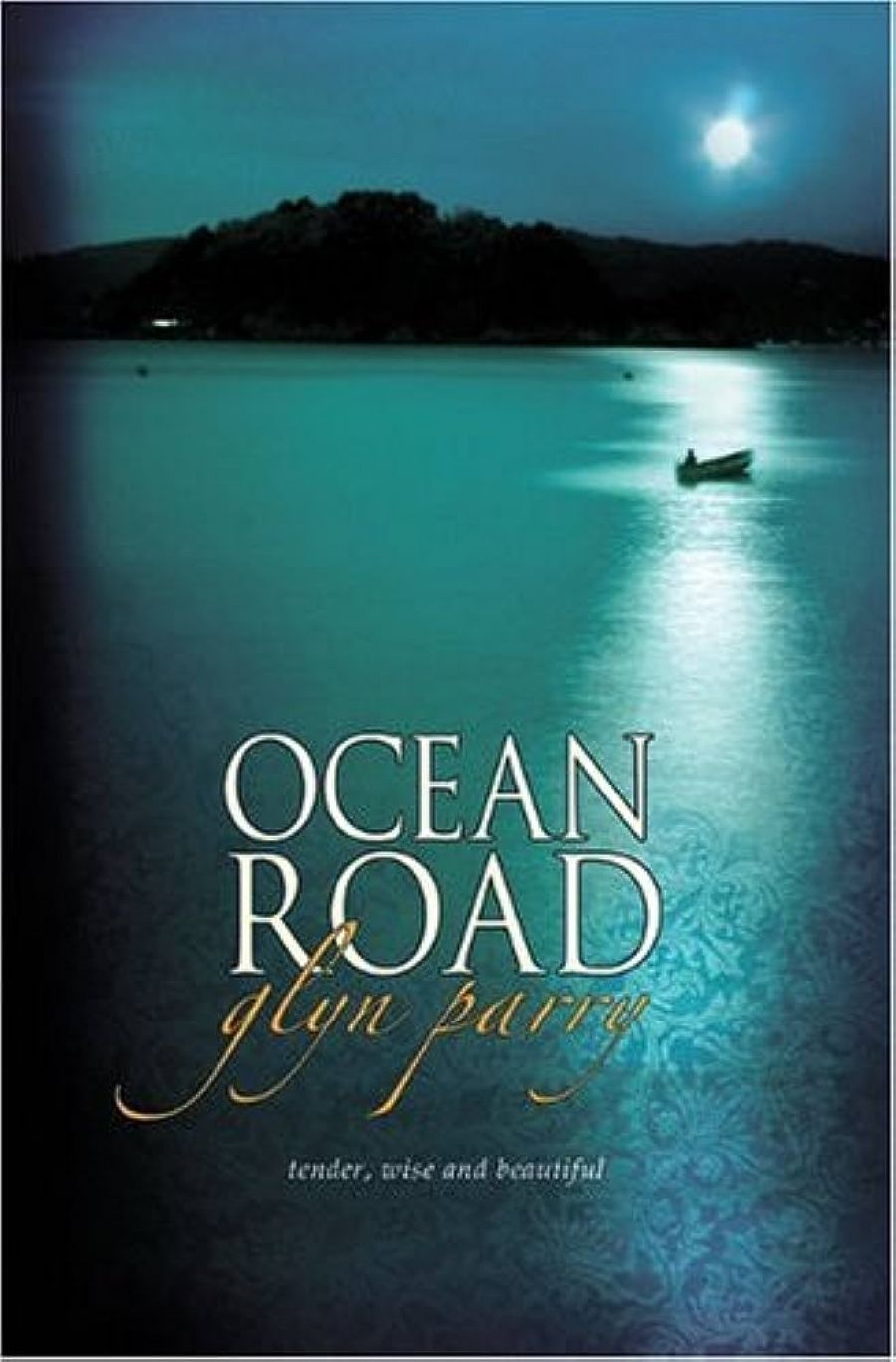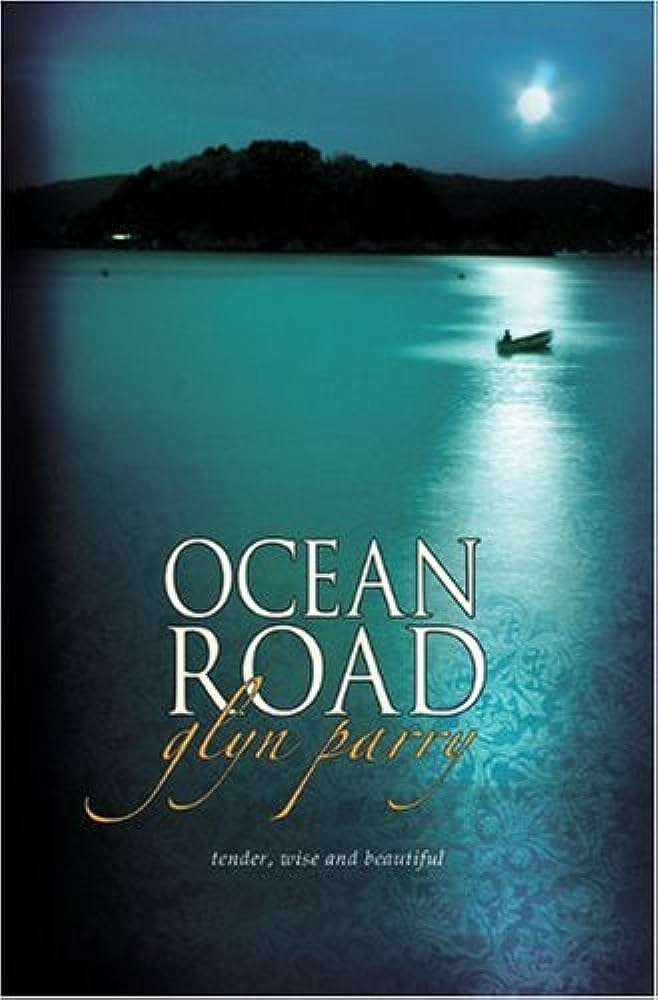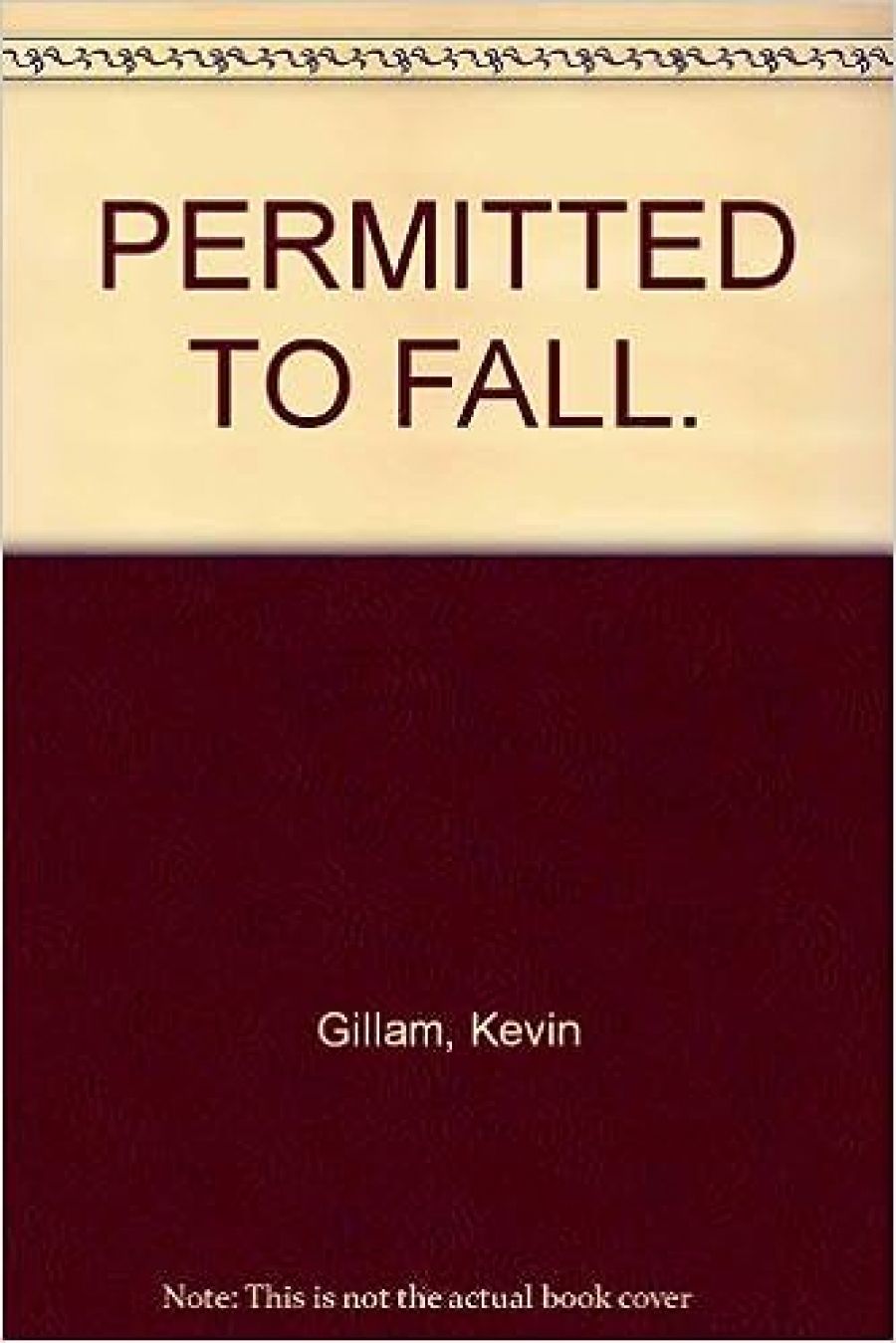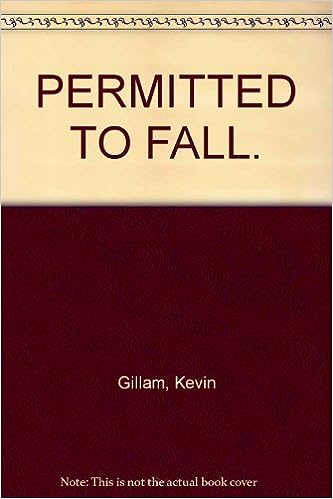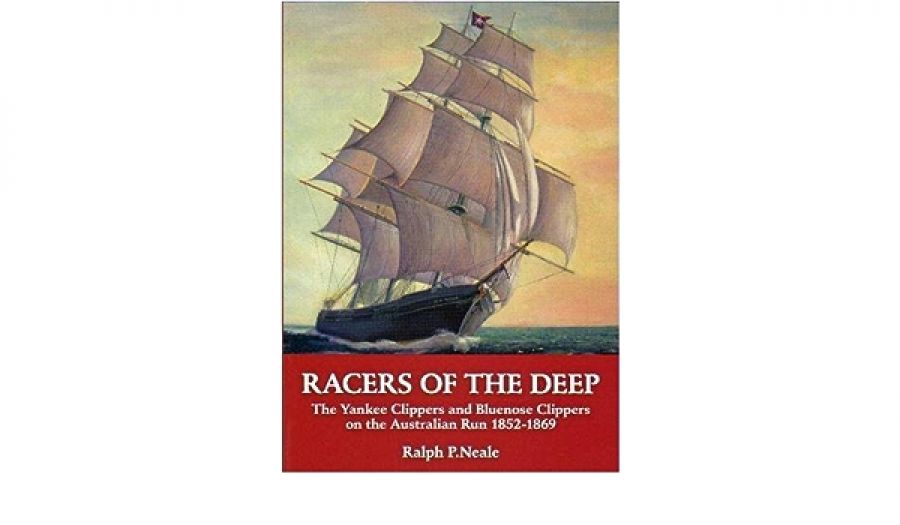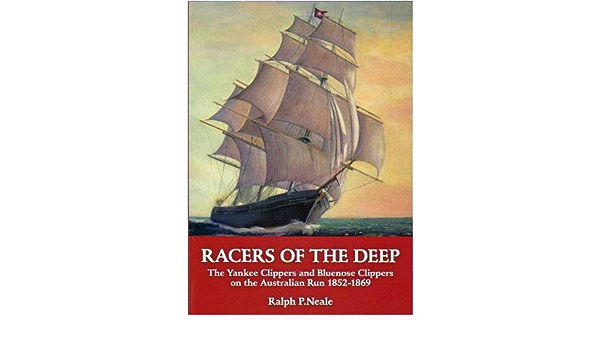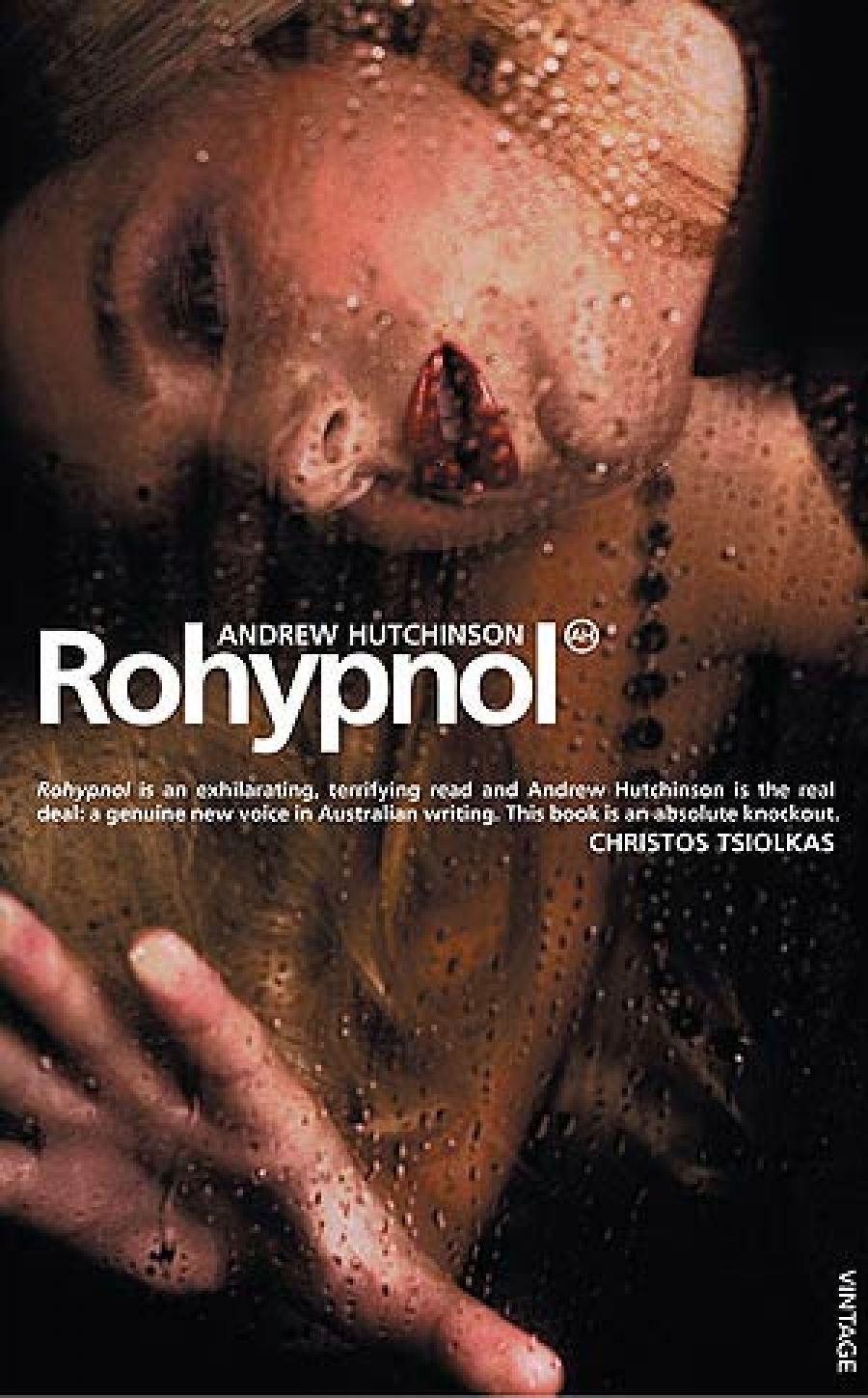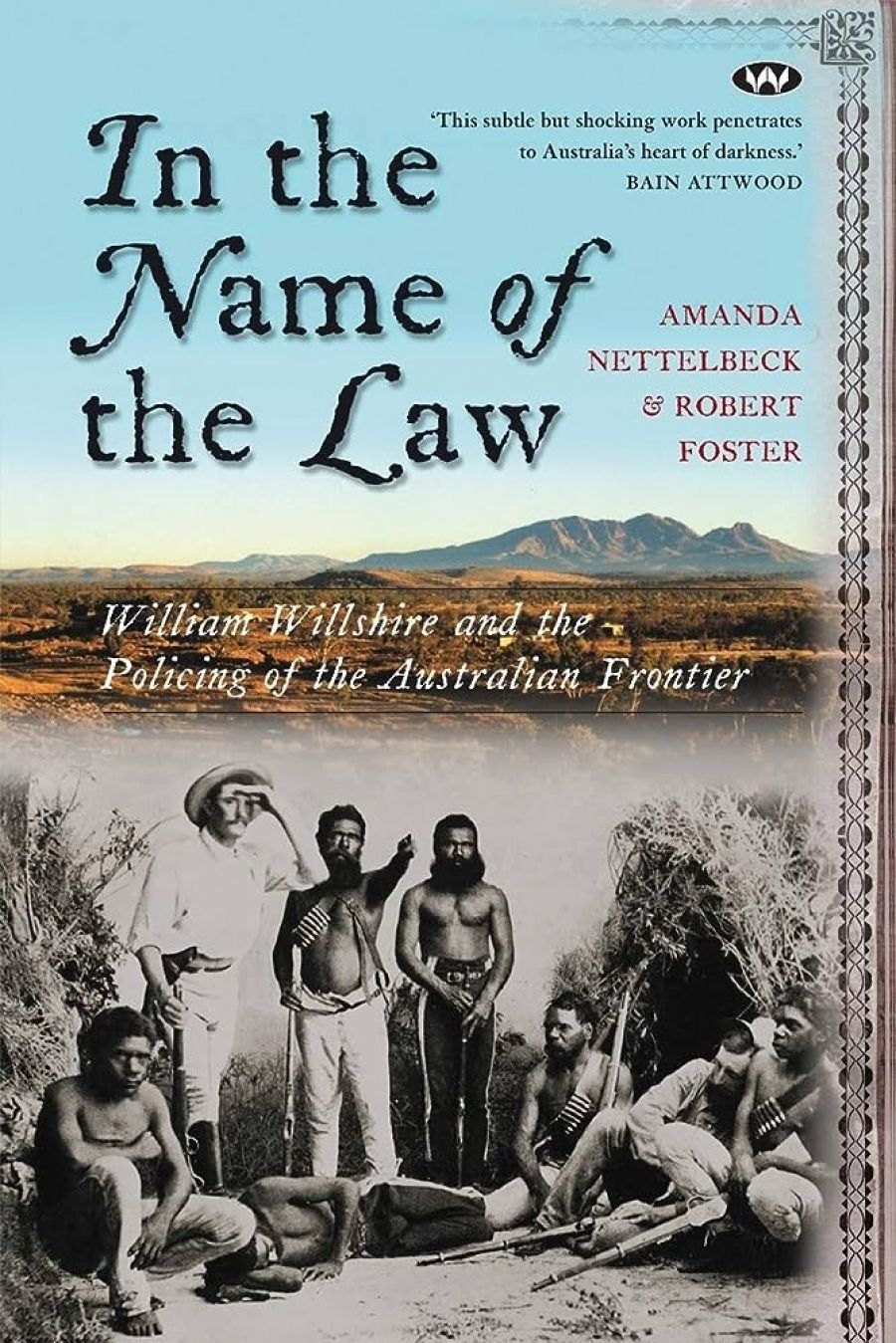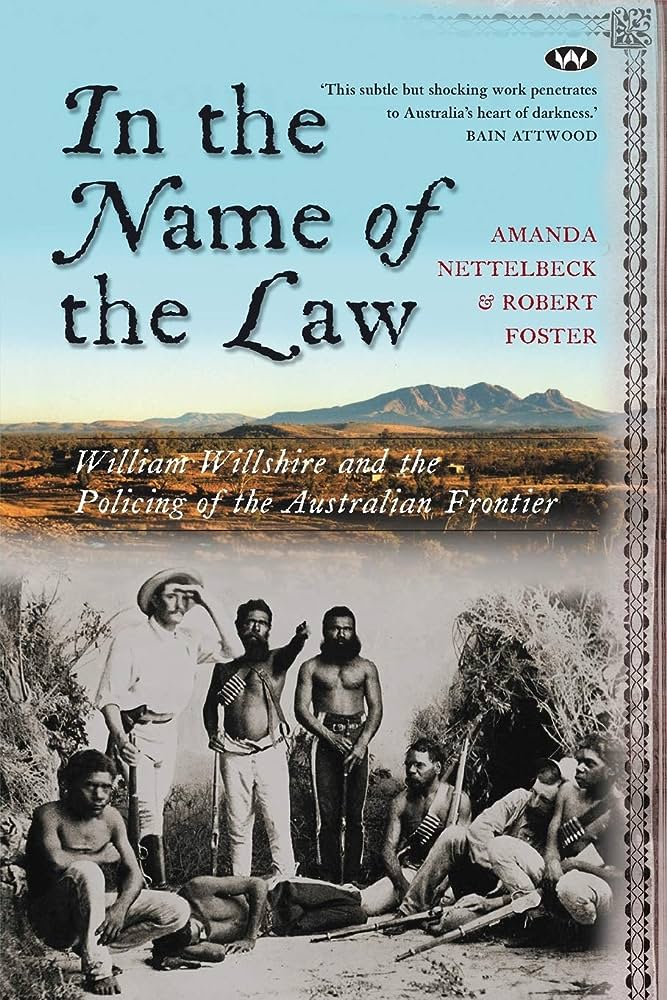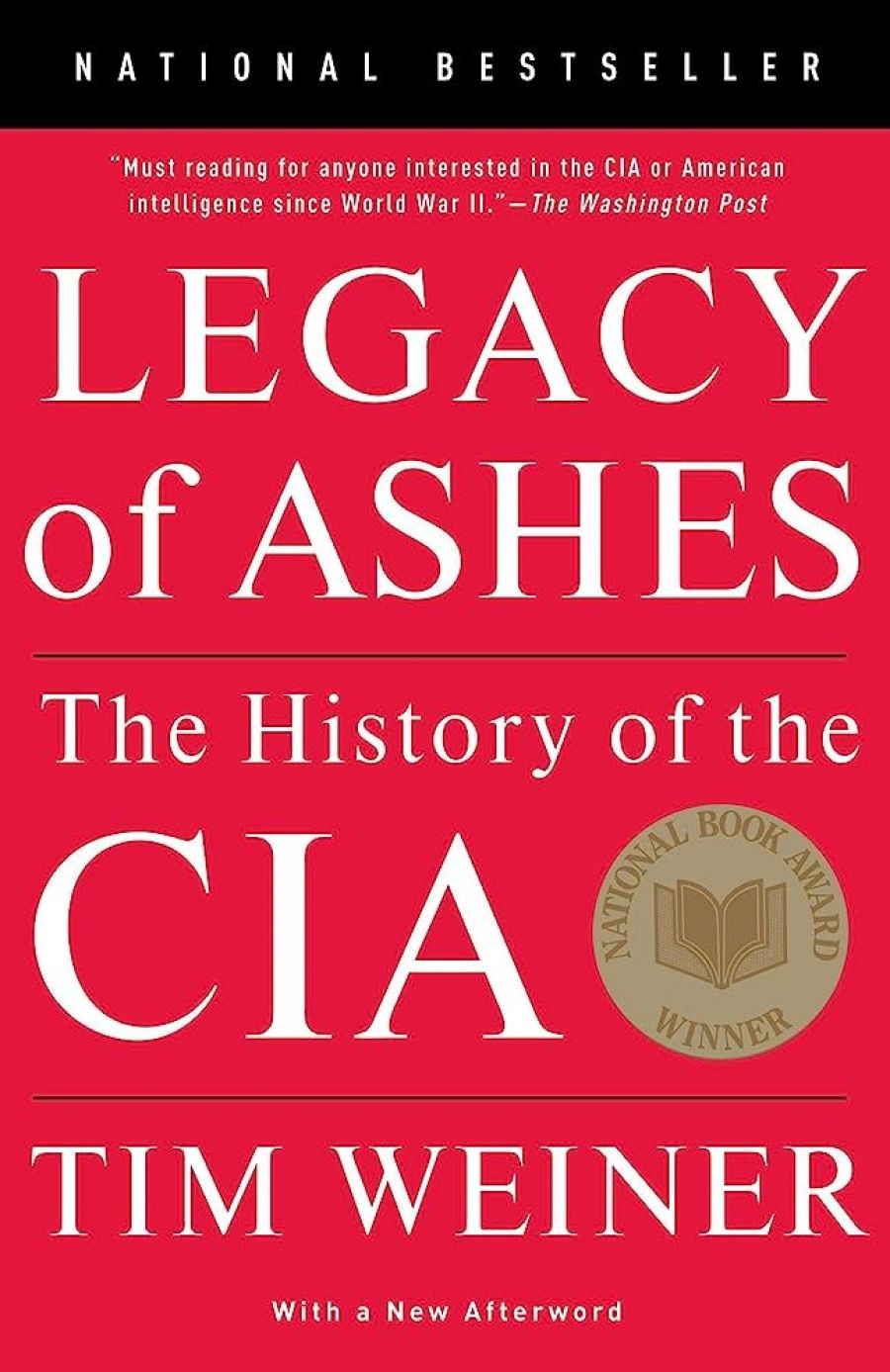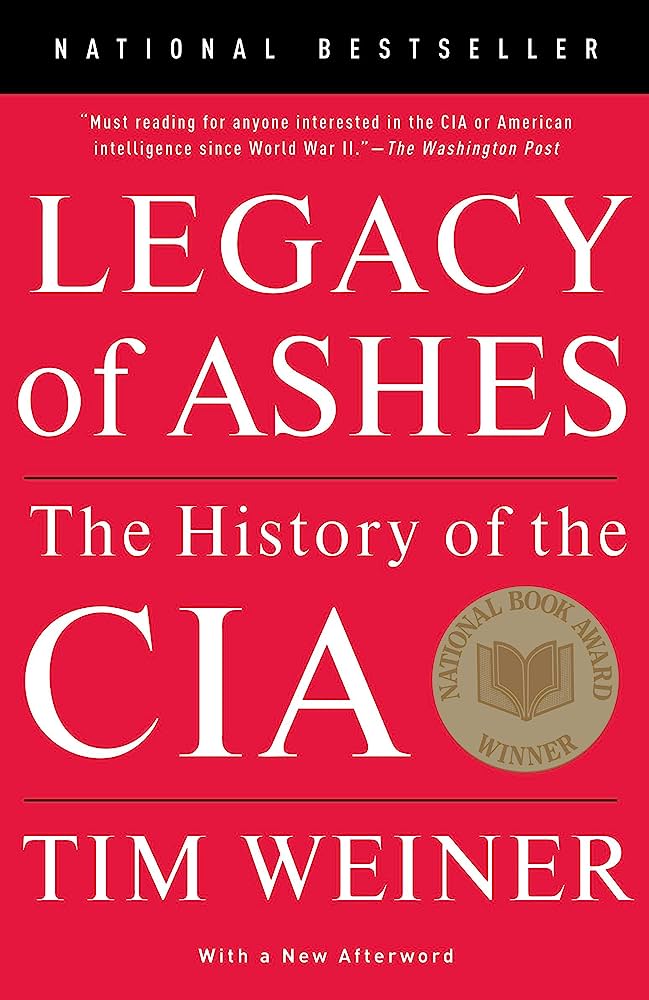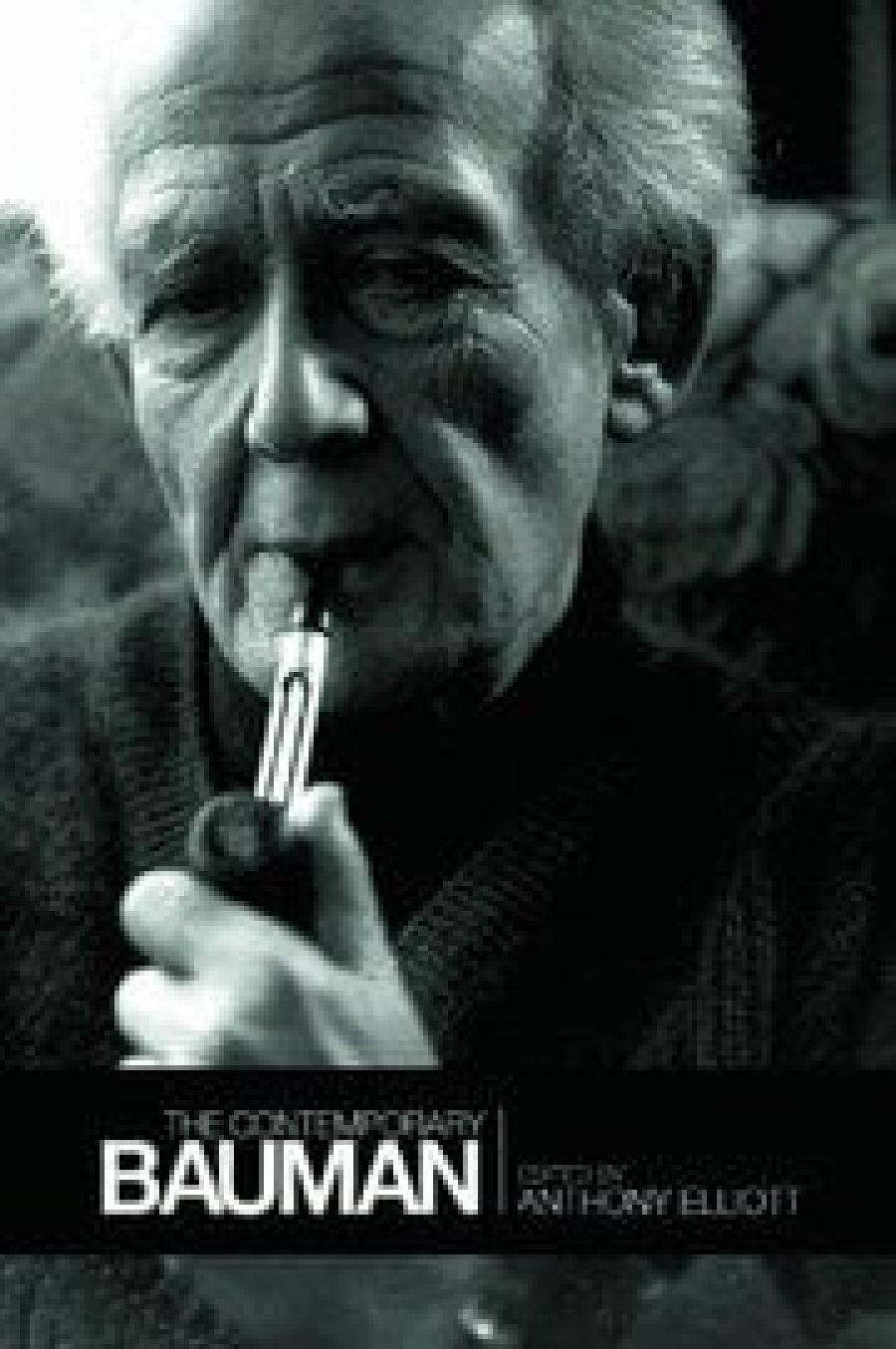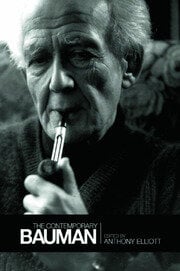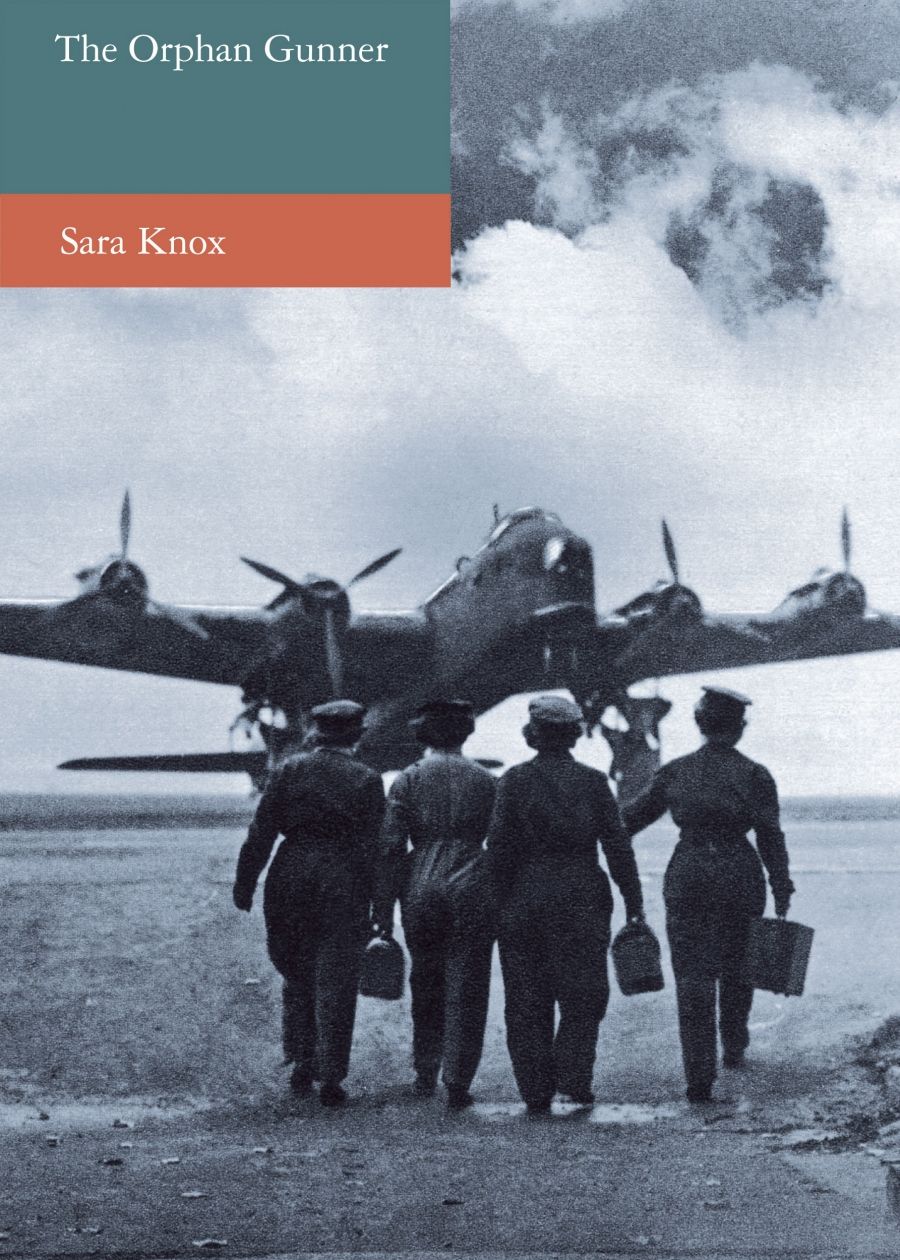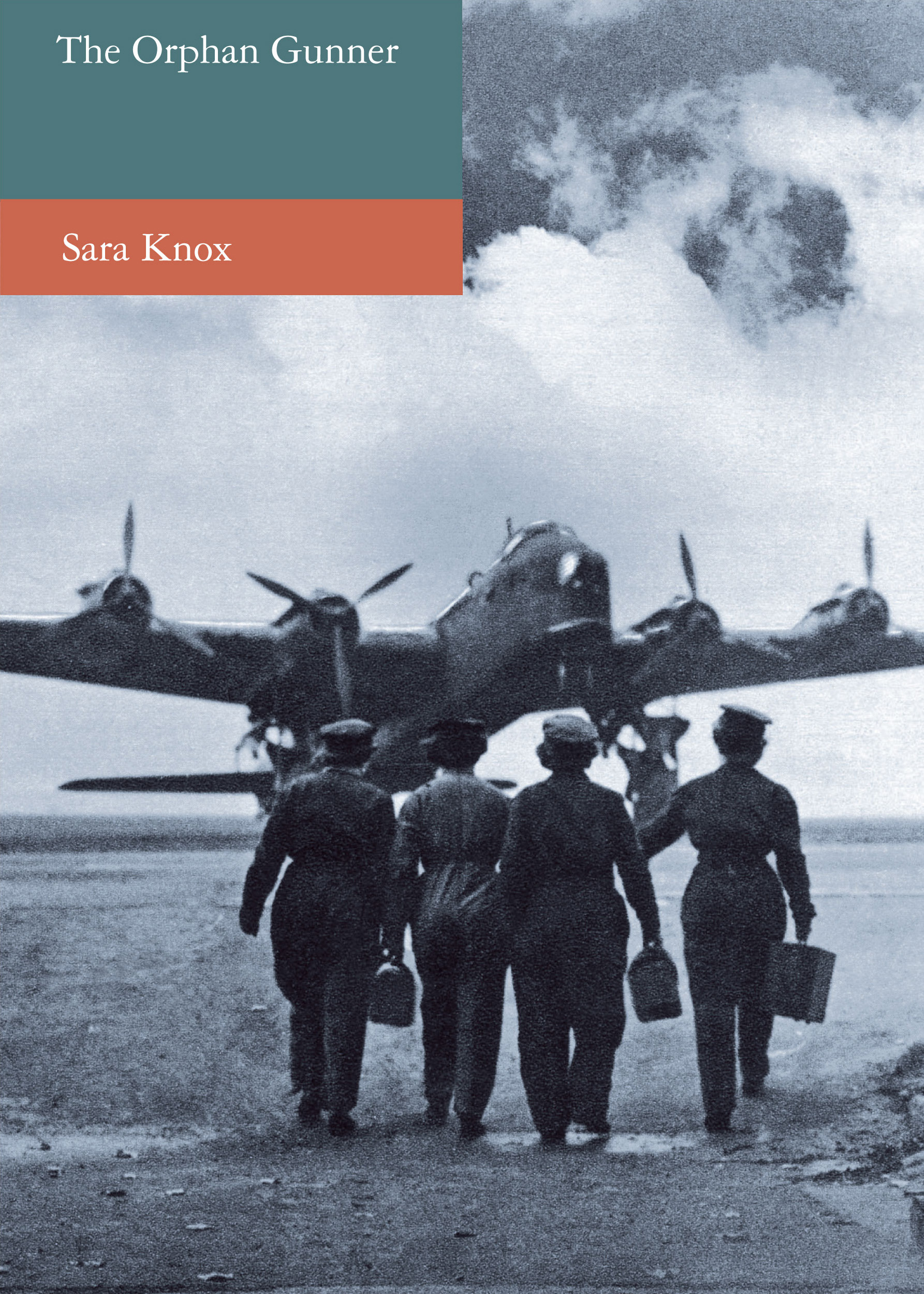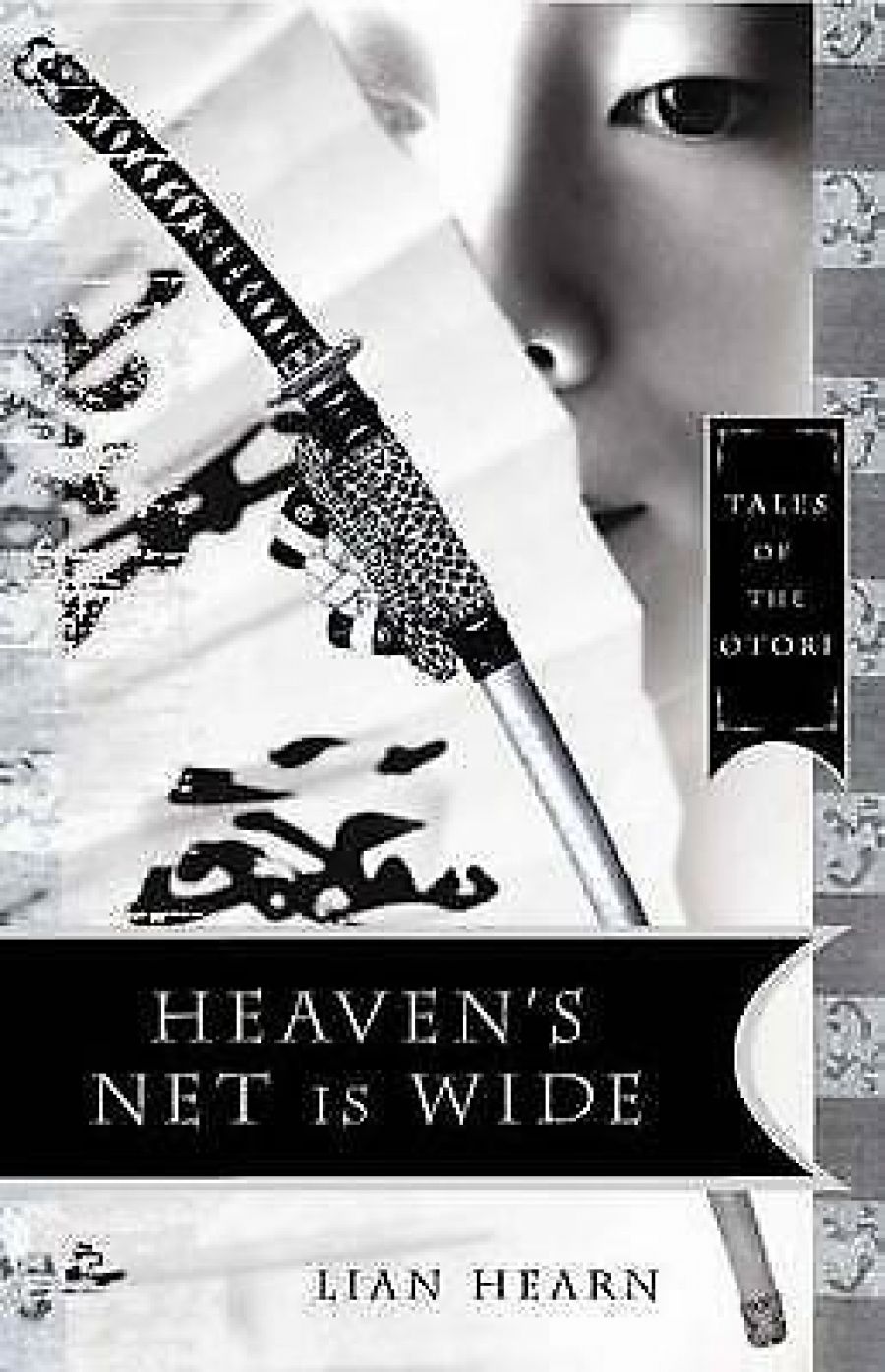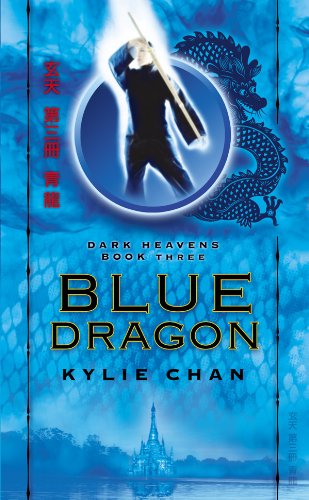Dennis Altman
This year I have read too many American political quickies, and large numbers of somewhat more satisfying detective stories. Amid the revelations about Hillary Clinton’s childhood, and the equally fictitious accounts of intrigue in Istanbul and Venice, a couple of books stand out. Andrew Wilson’s The Lying Tongue (Text) and Stephen Eldred-Grigg’s Shanghai Boy (Vintage) are ‘gay books’ that speak to themes other than sexuality, and deserve to be better known. Although ultimately too improbable, Andrew McGahan’s Underground (Allen & Unwin) evokes rather well a left-wing dystopia, centred on a Howard-like government. As for nonfiction, Tony Judt’s Postwar: Europe since 1945 (Heinemann), while telling us more about Poland and less about Spain than we need know, is a fascinating reminder of the Cold War era, evoked for the other side of the Atlantic in Thomas Mallon’s novel Fellow Travellers (Pantheon).
Judith Armstrong
Why was Graham Robb’s uninspiringly titled Discovering France (Picador) so utterly enthralling and my nomination for best book of 2007? Because it so convincingly makes us aware of how little we really knew about a country most of us have studied, holidayed in or lusted after, even when it is but the background to a bike race. Robb, known previously as the superb biographer of French authors, prises apart many idiosyncratic strands of language, class, food and everyday life, then knits them back together to show how they became the seamless Paris-centred country of this century. His disclosure of an earlier, fragmented and more fascinating version of la belle France is amazing. I would also recommend the hybrid work of argument and memoir by Maria Tumarkin called Courage (MUP). Never less than energetic, and sometimes wilfully explosive, it tackles an important human subject with verve and, well, courage.
Nicholas Birns
Graeme Kinross-Smith’s Long Afternoon of the World (Wakefield Press) is a visceral memory-text, with the flash of a webpage and the depth of philosophical autobiography. Brian Turner’s Here, Bullet (Alice James Books), poems by an Iraq War soldier, renders daily life amid carnage, hope and struggle, and is responsive to Iraqi history and culture, a striking difference from Vietnam War poetry in the United States. David Rowbotham fought in World War II; Rogue Moons (Picaro Press) mixes history, melancholy and linguistic awareness and continues to bear witness to a world, as Turner’s work shows, no less troubled than when Rowbotham’s career began. The two periods converge in Clare Wills’s That Neutral Island: A Cultural History of Ireland during the Second World War (Harvard University Press), which reconsiders a twentieth-century enigma in a twentyfirst century light, and, methodologically, is prescient in its unabashed and equal interest in politics and literature.
Geoffrey Blainey
I have just read John Adamson’s lucid The Noble Revolt: The Overthrow of Charles I (Weidenfeld & Nicolson). Enlisting and rearranging new or often-ignored evidence, he analyses the background of the English Civil War of the 1640s. Here is an acute mind at work: arguing, suggesting, contradicting and explaining. The name of our own Commonwealth largely derives from this dispute. Perhaps we unintentionally cloud and even belittle our history by knowing less and less about vital episodes in British history. I was taken by the prose and alertness of Gideon Haigh in The Green & Golden Age: Writings on Australian Cricket Today (Black Inc.). Also impressive was T.W. Edgeworth David: A Life (National Library of Australia), an illuminating study by David Branagan of a versatile geologist and explorer.
Neal Blewett
Is late-onset sexuality, like late-onset diabetes, an affliction of the old? Four of my favourite books this year – a biography, a diary, a memoir and a novel – are focused on sex. I read with fascination, and a tinge of repulsion, Hazel Rowley’s cool and non-judgmental Tête-à-Tête: The Lives and Loves of Simone de Beauvoir and Jean-Paul Sartre (Chatto & Windus). Similar responses were evoked by the remarkably uninhibited and self-doubting fourth and final volume of The Diaries of Donald Friend (National Library of Australia), which covers his sybaritic years in Bali and the bleak last years in Australia. With this beautifully produced fourth volume, the National Library and Paul Hetherington have brought to a triumphant conclusion the publication of one of the outstanding diaries of our time. Bruce Benderson’s memoir, The Romanian (Snowbooks), and Neil Bartlett’s novel Skin Lane (Serpent’s Tail) have an identical theme: the obsession of a middle-aged man with a younger man. To indicate that I am not completely depraved, I found Antony Beevor’s revisionist but balanced account of the Spanish Civil War, The Battle for Spain (Phoenix), a masterly piece of narrative history.
Pamela Bone
Ian McEwan may be becoming too popular for his own good (he’s probably already too popular to win the Booker), but he is good, very good. On Chesil Beach (Jonathan Cape), his sad short novel about wasted love (‘they lived in a time when a conversation about sexual difficulties was plainly impossible’), is as good as anything he has written. A close second favourite must be David Malouf’s subtle, perceptive short stories Every Move You Make (Chatto & Windus). The reader may know much about the lives of Malouf’s subjects – a woman in a Tuscan villa, undergoing chemotherapy, a mother who fails to be impressed by Ayers Rock – because of what is left out. By contrast, Andrew Anthony leaves out very little in his polemic The Fall-out: How a guilty liberal lost his innocence (Jonathan Cape). This book could give any guilty liberal second or even third thoughts.
Ian Britain
Edward St Aubyn’s Patrick Melrose may have nothing more in common with Anthony Powell’s Nicholas Jenkins than an Eton education (and even that’s only hinted at), but the Melrose chronicles of upper-class cavortings are surely shaping up to be a Dance to the Music of Our Time. I swallowed the latest instalment, Mother’s Milk (Picador), in one appalled and delighted gulp. I also couldn’t put down Michelle de Kretser’s The Lost Dog (Allen & Unwin). Part mystery thriller, part family chronicle (if the milk’s slightly less curdled than in St Aubyn, a mother’s other bodily fluids are unsparingly anatomised), it represents de Kretser’s first foray into Australian territory, and proves as dazzlingly sure-footed as her earlier ventures into revolutionary France and late-colonial Ceylon. Post-colonial northern India is the principal setting of Kiran Desai’s The Inheritance of Loss (Hamish Hamilton). Another bleak family chronicle (but with a father–son relationship that seems almost sentimentalised by St Aubyn’s standards), it also deftly addresses some highly topical political themes: a War and Peace for our time, maybe, though the scale and tone are more Chekhovian.
Paul Brunton
This year brought two Aussie bobby-dazzlers. Clive James’s Cultural Amnesia: Notes in the Margin of My Time (Picador) – the product of a lifetime’s thought – is erudite, wise, witty and profound. It is guaranteed to expand your mind. The quality of Peter Cochrane’s writing in Colonial Ambition: Foundations of Australian democracy (MUP) is such that the reader becomes an eyewitness in the gripping tale of the nineteenth-century battle for responsible government. It is meticulously researched (even the endnotes are enthralling) and sets a benchmark for how Australian history should be written. Do not die before you have read both these books several times. Donald Jackson Kerr’s Amassing Treasures for All Times: Sir George Grey, colonial bookman and collector (Oak Knoll Press and Otago University Press) is a fascinating study of that engagingly eccentric specimen, the book collector.
Morag Fraser
Following East of Time (Brandl & Schlesinger), which is both searing and whimsical about the savage extremes of human action, Jacob Rosenberg continues his biographical journey in Sunrise West (Brandl & Schlesinger) – and as irresistibly. The Holocaust survivor bears with him to Australia a lode of unimaginable memories. He doesn’t transform or blur them. Instead, he lives through them again in the radiant epiphanies of his prose. And so do we. Both books are a triumph of humanity and of literature. Their natural corollary is Richard Freadman’s zestful, wide-ranging study of Australian Jewish autobiography, engagingly titled This Crazy Thing a Life: Australian Jewish autobiography (UWA Press), which includes chapters on Rosenberg and other Australian Jewish writers, both the celebrated and the previously unknown. Freadman honours them all by writing with analytic deftness and the finest kind of critical sympathy. This is particular scholarship for Australians in general – and wonderfully readable. So what’s a nice Catholic girl doing delving into Jewish literature? The answer: happily getting in deeper and deeper. Roger McDonald recommended that I read Michael Chabon’s The Yiddish Policemen’s Union, (HarperCollins) so I did. From Rosenberg’s Melbourne to Chabon’s threatened ‘Israel’ in Alaska is an exhilarating leap. But do take it. And no parachutes.
Lisa Gorton
I like Brendan Ryan’s A Paddock in His Head (Five Islands Press) for its unromantic but meditative poems about family and farming life. Colm Tóibín’s uneasy stories in Mothers and Sons (Picador) stayed in my mind. I also enjoyed two memoirs with oddly compatible names: Craig Sherborne’s Muck (Black Inc.) and Richard Wollheim’s Germs: A memoir of childhood (Black Swan) – a strange, slant, snobbish account of his parents and their time.
Fiona Gruber
One of the most stimulating books of the year has been Roger Deakin’s Wild Wood: A journey through trees (Hamish Hamilton). As a lyrical excursion into the arboreal realm, it stands alone, being part travelogue, part nature writing, part history and art history, and, in the best, non-preachy sense, a very spiritual work. From rambles around Britain and Europe to the central Australian desert, and tall yarns in Leatherarse Gully, the Victorian goldfield’s home to artist John Wolseley, the book will make a tree-hugger out of everyone who reads it. The Lost Dog, by Michelle de Kretser, also features forests, in this instance the damp dark Gippsland ones. A dog goes missing, chasing a scent, and we go sniffing after lost leads and unreliable tales, from India last century to contemporary Melbourne. Henry James is a strong influence, especially his engagement with haunting and the haunted. Subtle and mysterious.
Barry Jones
William Empson achieved high recognition as a critic with his early work Seven Types of Ambiguity (1930), lived and worked in China and Japan, and for the BBC, and was an acclaimed poet with a turbulent private life. The second volume of John Haffenden’s biography, William Empson: Against the Christians (OUP), nearly 800 pages long, may have repelled potential readers through its sheer prolixity, but the story is fascinating, funny, touching and horrifying by turns. J.M. Coetzee’s Diary of a Bad Year (Text) has had wonderful British reviews, grudging ones here, but it made the hairs on my neck stand up because it reinforced deep reflections about creativity, aesthetics, human relationships and making sense of the world. Peter Temple, like Coetzee a transplanted South African, is a formidable novelist, masquerading as a crime writer. The Broken Shore (Text) is a dark saga of life and violence in Victoria’s Western district. The New York poet, translator and essayist Eliot Weinberger, author of What Happened Here: Bush chronicles (Verso), has a Pascalian gift for expressing complex concepts in a few paragraphs, with laser-like penetration.
Gail Jones
Michael Taussig’s Walter Benjamin’s Grave (University of Chicago Press) was one of my delights of 2007. It opens with an account of his visit to Benjamin’s grave at Port Bou in 2002, his childhood in Sydney, essays invoking Bataille and Mauss to think through his own ethnographic experiences. This is virtuosic writing, consistently interrogative of the weirdness of our humanity. More sober, but no less inspiring, Susan Sontag’s At the Same Time (Hamish & Hamilton), essays and speeches published posthumously, begins with a moving foreword by her son, David Rieff, who laments that his mother was writing on torture at the very end of her life. Aphoristic, opinionated and passionately intellectual, Sontag’s pieces are bound by her argument that literature is a form of moral reasoning. David Malouf’s The Complete Stories (Knopf) is a deeply inspiring volume; it has been my companion for weeks now, like a persistent dream. Each will remind you of Malouf’s peerless intelligence and the artful declarations with which he enters and retells the world.
Nicholas Jose
In a year in which I’ve read more unpublished fiction than published, a few books have stayed with me, palpable and questioning as other works have faded. Cate Kennedy’s short fiction, in Dark Roots (Scribe), is one. A spirited inventiveness grows from the finely observed details and deeply pondered dilemmas of contemporary life in these superbly crafted stories. The capacity of short fiction to get up close to how we live in the world and in our minds was demonstrated by David Malouf last year in Every Move You Make, which is splendidly reprised in company with the author’s lifetime’s practice of the form in The Complete Stories. On a larger canvas, Sorry (Vintage), by Gail Jones, has an audacity of narrative approach – stark, economical, figurative – that I found liberating and moving.
John Kinsella
Some superb poetry titles in the English language came out around the world in 2007. To my mind, the most lyrically investigative and dynamic was American poet Peter Gizzi’s The Outernationale (Wesleyan University Press). British poet Sean O’Brien’s Forward Prize-winning volume of poems The Drowned Book (Picador) is a model of technical virtuosity and understated elegiac intensity. Locally, I have no hesitation in pointing to Gabrielle Everall’s Dona Juanita and the Love of Boys (privately published with assistance from ArtsWA), which, as I said in a brief preface to the book, is a masterpiece of poetic narrative unlike any other published in Australia: ‘It turns pornography into love and love into pornography.’ David Brooks’s poems in Urban Elegies (Island Press) resonate with an imagistic intensity that keeps them on the edge of perception long after reading. For a poetic tour de force to take us truly out of our intellectual safety zone, try J.S. Harry’s enigmatic Not Finding Wittgenstein (Giramondo), ‘starring’ Peter Henry Lepus (‘more-over, a rabbit’). Finally, a book I edited and introduced, but feel so strongly about as a significant title that I should mention it, is Charmaine Papertalk-Green’s powerful Just Like That and Other Poems (Fremantle Press). Though her work has appeared in major anthologies, this is the first time that Papertalk-Green’s compelling and direct poetry has been collected in book form.
James Ley
Paddy O’Reilly’s first novel, The Factory (ASP), was good, but her short story collection, The End of the World (UQP), is even better. Beautifully crafted and often very funny, O’Reilly’s stories have a distinctive aesthetic, capable of moving fluently from some amusingly offbeat premises to genuine pathos. Having just read Michelle de Kretser’s new novel, The Lost Dog, which riffs smartly on everything from cultural identity to art and literature, I am inclined to rank her among the best stylists in the country. Her satirically barbed observations of Melbourne’s inner-city artistic community are deadly. This year I also belatedly discovered the work of the American writer Richard Powers. His latest novel, The Echo Maker (Heinemann), is a brilliant meditation on the elusive and fragile thing that is human consciousness and a work of understated emotional depth. Finally, Dave Eggers’s What Is the What (Fourth Estate) is a compelling work of fiction based on the experiences of a real Sudanese refugee named Valentino Achek Deng. In marked departure in tone from his earlier work, Eggers writes in the voice of Achek and crafts an exciting story that is also an affectionate and appealing study in character.
Lyn McCredden
Four books in 2007 will remain with me: Les Murray’s Fredy Neptune (Black Inc.) and Geoff Page’s Lawrie & Shirley (Pandanus) are described as ‘a novel in verse’ and ‘a movie in verse’, respectively. True, Fredy Neptune was first published in 1998, but reissued in 2007. It is a magnificent, demotic, sprawling projection of human spirit in mongrel Australian form. Out into the anarchic world during and between the world wars goes unforgettable, mythic Fredy. Lawrie & Shirley is Australian in a totally different way, a witty, poignant story of love – its embarrassments and its hunger – at an ‘advanced’ age. A must read for (brave) baby boomers. Aileen Kelly’s The Passion Paintings: Poems 1983–2006 (John Leonard Press) is quiet, intense and observant. And so to The Lost Dog. Through the tiny, unexceptional details of ordinary creatures and things, Michelle de Kretser presents us with a profound and moving meditation on contemporary Australian life.
Peter Mares
Among the non-fiction titles that I read in the course of my radio work this year, a standout was Judith Ajani’s The Forest Wars (MUP). The arguments in Australia’s forest debate are well rehearsed. Ajani brings a new perspective, analysing the changing economic structure of the timber industry and concluding that plantations can replace native forests to provide Australia with wood and paper products. Equally thought-provoking is Raj Patel’s Stuffed and Starved: Markets, power and the hidden battle for the world food system (Black Inc.). Patel’s hourglass metaphor for the operation of the global food system is compelling: large numbers of farmers at the bottom produce food for large numbers of consumers at the top, while in between, a handful of corporations reap power and the profit on the route from farm to table. Finally, veteran Tasmanian writer Geoffrey Dean excels at the unfashionable art of the short story. Dean’s seventh collection, Under the Mountain (Esperance Press), is a series of chronologically and thematically linked stories that provide an engaging account of growing up in Hobart on the slopes of Mt Wellington.
Brenda Niall
It might be enough to choose my best reading from collections of newly published letters. I began the year with Decca: The Letters of Jessica Mitford (ed. Peter Sussman, Weidenfeld & Nicolson), and I am ending it with Selected Letters of Ted Hughes (ed. Christopher Reid, Faber). Hefty volumes, both of them, but their emotional range, their energy and their distinctive voices put them at the top of my list. There is more in Jessica Mitford’s experience than the overworked story of the six wayward daughters of a dotty English peer. Nor should Ted Hughes be seen only in the dark shadow of Sylvia Plath’s suicide. Mitford’s letters reveal an observant witness of social change with an irresistible comic sense. Hughes, as poet, husband, lover, father and friend, is his own most severe and eloquent critic. Bryony Cosgrove’s finely edited selection from the letters of Barbara Blackman and Judith Wright, Portrait of a Friendship (MUP), gives both sides of a correspondence and a fascinating interplay of personality.
Peter Porter
My four choices are all Australian poetry books. First, David Malouf’s Typewriter Music (UQP), in which the master of what goes on inside the mind of cultured classicists returns to poetry, with scalpel-precise elegies and anatomies. In J.S. Harry’s Not Finding Wittgenstein, the Mental Traveller takes us to both Iraq and the Wonderland of Philosophers. There is joy all round as poetry clears its desk of the detritus of two hundred years. In Les Murray’s The Bi-Plane Houses (Black Inc.), something happens to the syntax from time to time, but it contains one immaculate poem, ‘Bright Lights on Earth’. Next is Robert Gray’s Nameless Earth (Carcanet). Gray’s seeing is microscopic, but now his feeling has become barometric. The language settles down like an entry in Linneaus. Besides poetry, I enjoyed Philip Gossett’s Divas and Scholars: Performing Italian opera (University of Chicago Press). Gossett is a professor as much at home in the opera house, the rehearsal room and the intendant’s office as he is in a university library. This is a splendid rebuke to all who find nineteenth-century Italian opera just melodrama with warbling added.
Angus Trumble
This year I was moved by two books which demonstrate that classical studies are flourishing more than ever: Denis Feeney’s analysis of the fractured state of Greco-Roman chronology, Caesar’s Calendar: Ancient time and the beginnings of history (University of California Press), and Richard Sorabji’s engrossing Self: Ancient and modern insights about individuality, life, and death (University of Chicago Press). Both shed powerful shafts of new light on the later Roman world. Easily the most exciting exhibition catalogue was Patinir (Museo del Prado), a brilliant effort in Madrid to reconstruct, from only twenty-nine panels, the life’s work of Joachim Patinir, a sparsely documented early sixteenth-century Flemish painter whose finest pictures clearly identify him as the epoch-making grandfather of European landscape. Closer to home, Philip Jones’s Ochre and Rust: Artefacts and encounters on Australian frontiers (Wakefield Press) is a model of scholarship in what is nowadays called ‘material culture’, and deserves to be published as widely as possible outside Australia.
Shirley Walker
Two novels stood out for me. Ian McEwan’s On Chesil Beach is a breathless account of the wedding night of two young innocents. The woman is pathologically terrified by physical intimacy; her husband is inexperienced and eventually affronted. McEwan retraces the previous evolution of each character within a tightly crafted drama of regret. In Alex Miller’s Landscape of Farewell (Allen & Unwin), three striking characters – an ageing German historian, a feisty female Aboriginal academic and an Aboriginal elder, the sole inheritor of the story of a massacre – converge in a desolate Queensland mining town: marvellous characters, dynamic interaction and a steady view of history. Attracted as ever to life writing, I appreciated Patrick Morgan’s B. A. Santamaria: Your most obedient servant: Selected Letters 1938–1996 (Miegunyah Press/SLV), best read in conjunction with Brenda Niall’s wonderful ABR review/memoir in March 2007.
Geordie Williamson
Muck, the second volume of Craig Sherborne’s memoir of childhood, boyhood, youth, not only measures up to his first, Hoi Polloi (Black Inc.), but builds on it. Together they represent the best work of Australian life writing since Clive James contemplated the view from his Kogarah dunny. Like James, Sherborne traces an evolution: from miniature anarch to priggish teenage egotist. He, too, wrings humour from Rousseauesque moments of moral midgetry. And like James, Sherborne makes poetry from the poetic anti-matter of antipodean suburbia. But where James maintains a tender contempt for his younger avatars, Sherborne just has contempt. Sherborne’s earlier portrait of his parent’s arriviste’s progress through 1970s Sydney was merciless. In Muck, which nudges our hero’s story forward a few years, the passage of time has given their pantomime of class a tragic gloss. Here, it is up to the son and heir to take centre-stage and heckle himself. The result is a heartbreak disguised as a piss-take.
